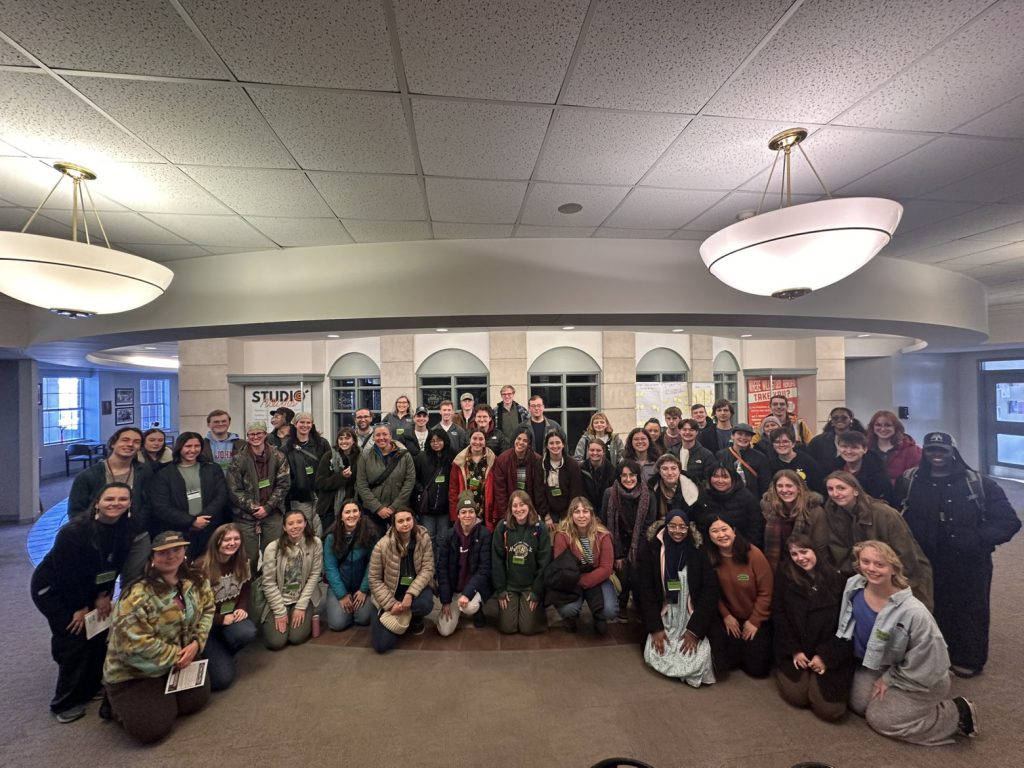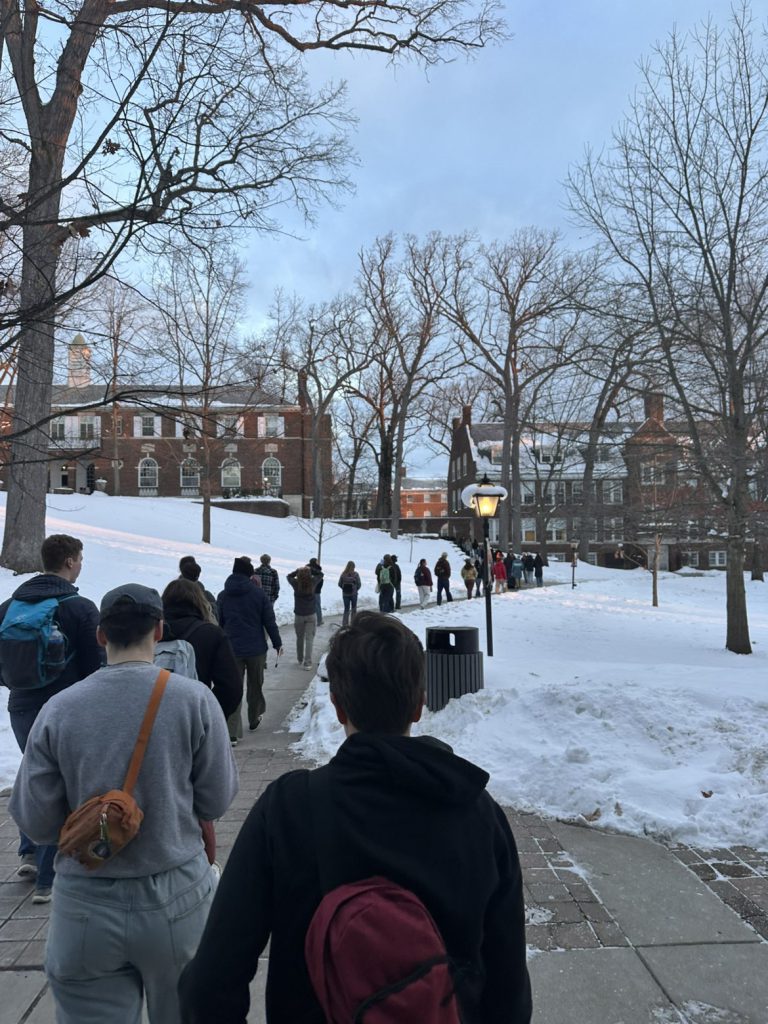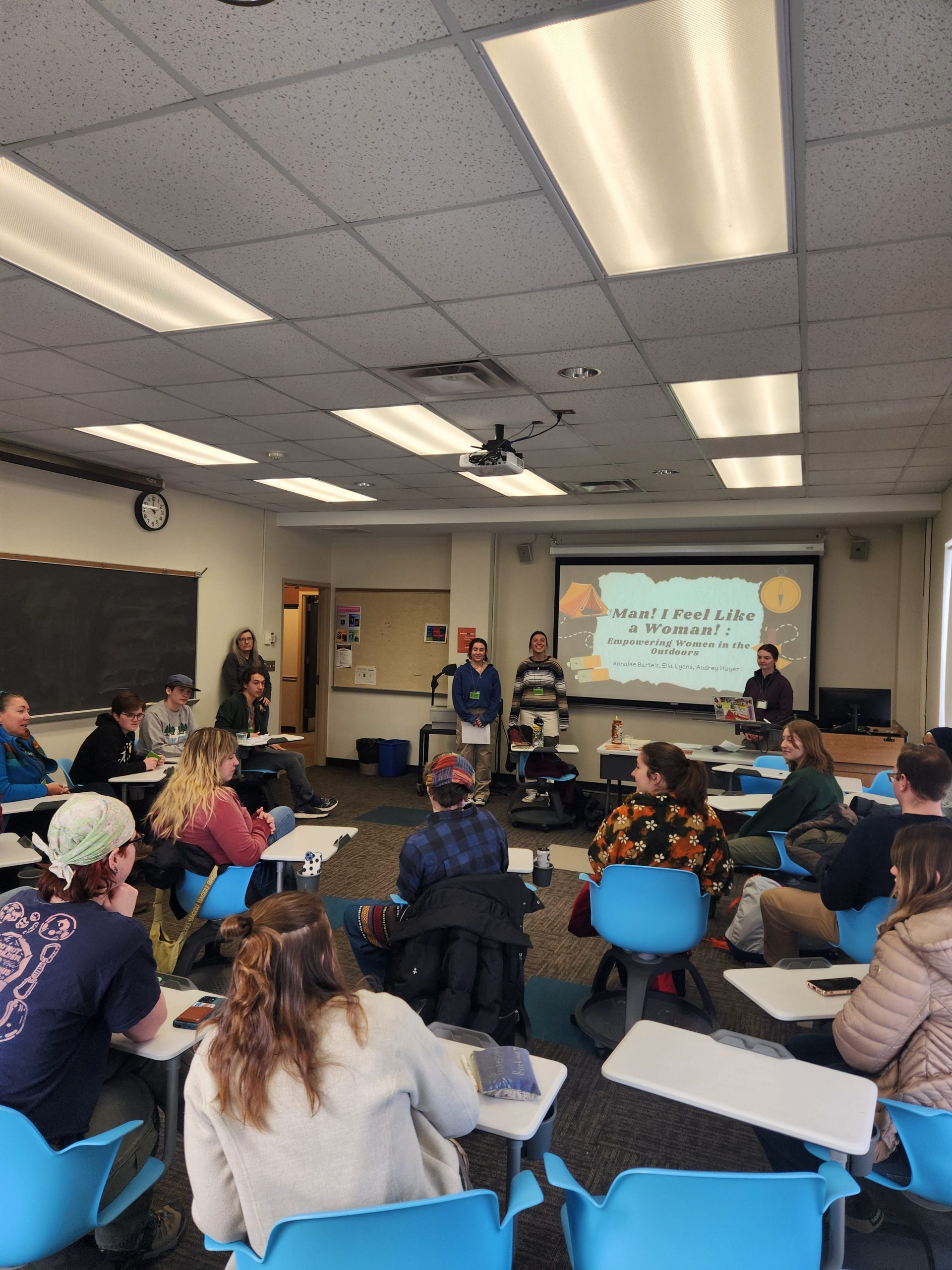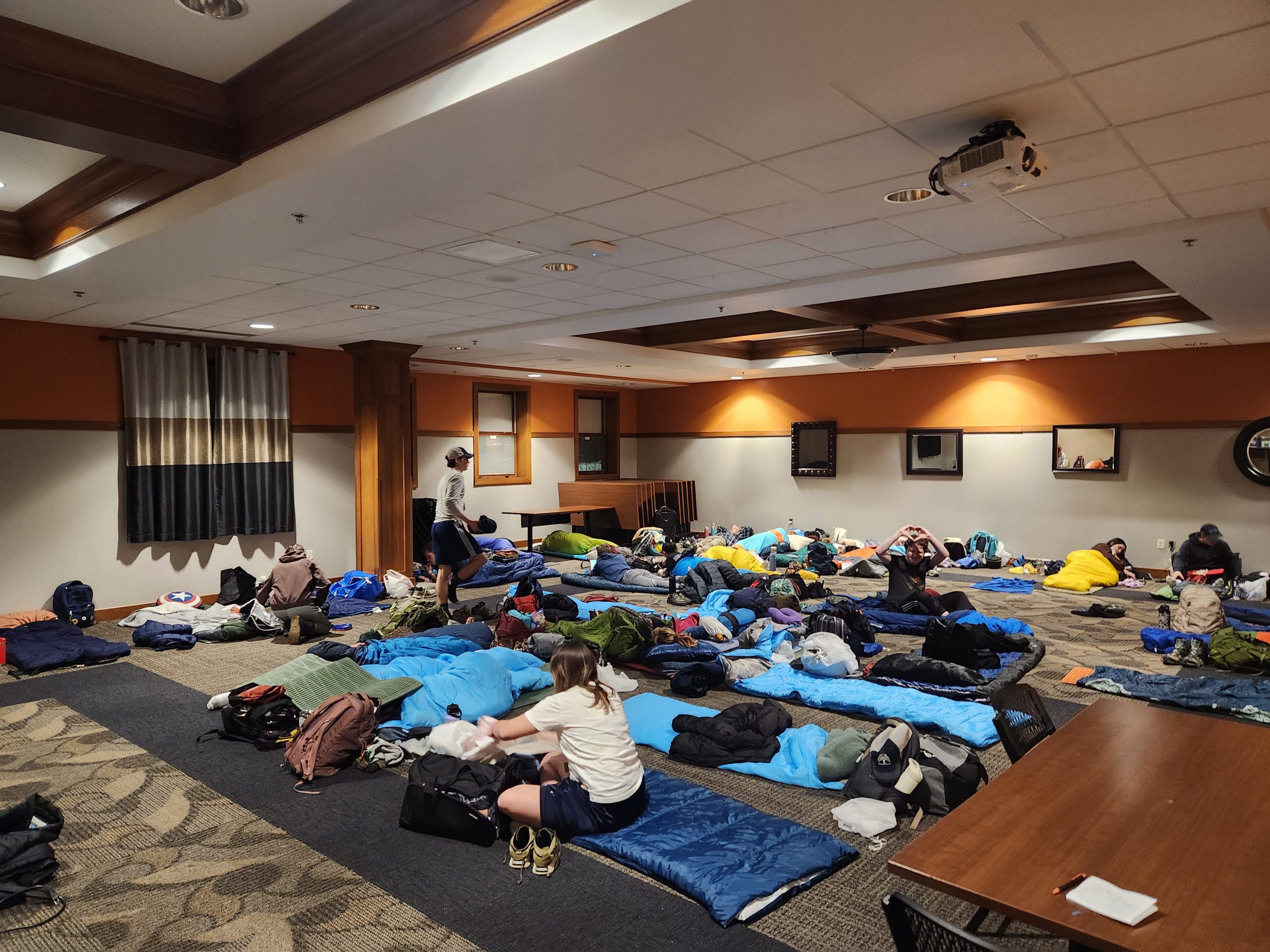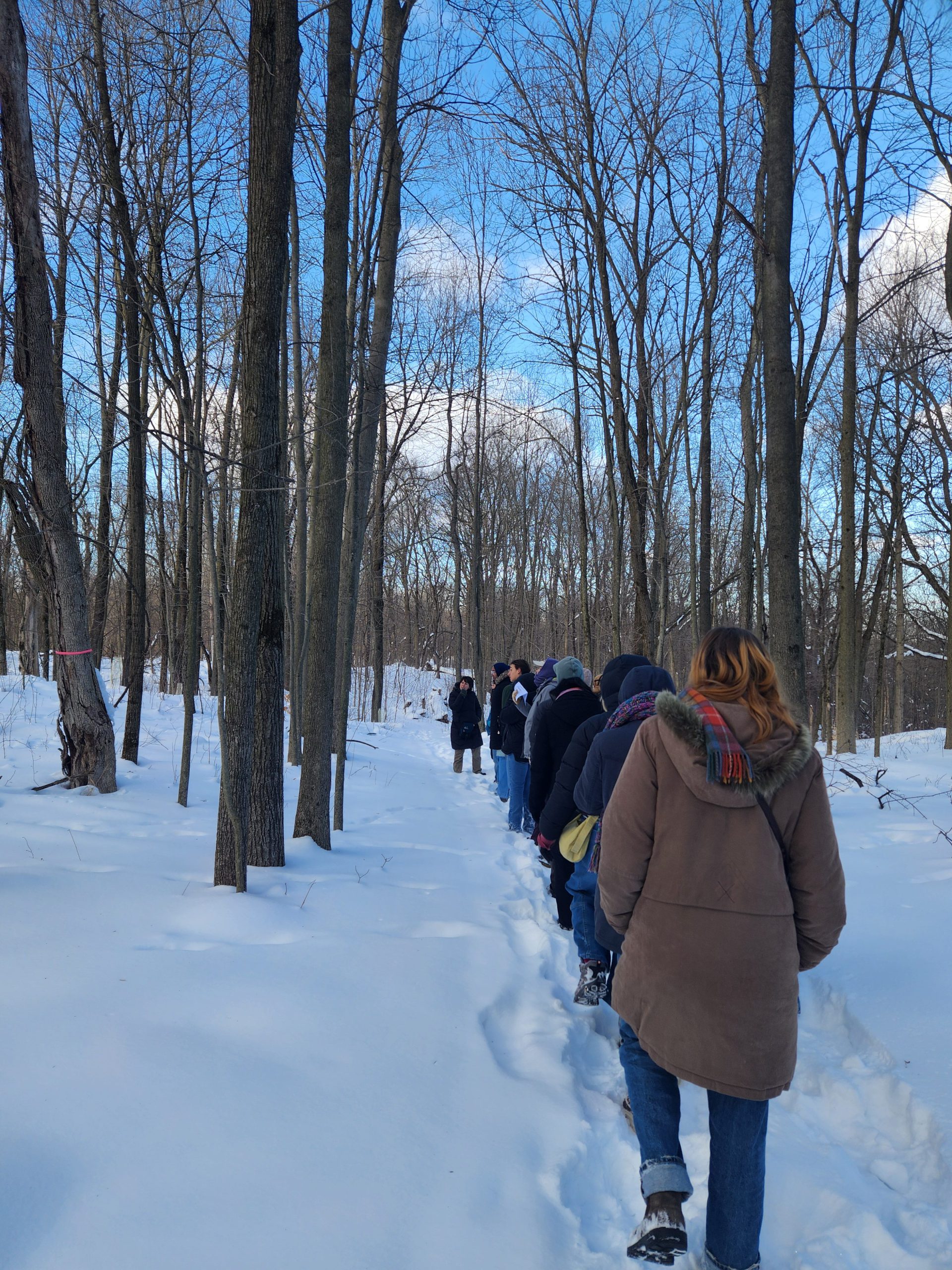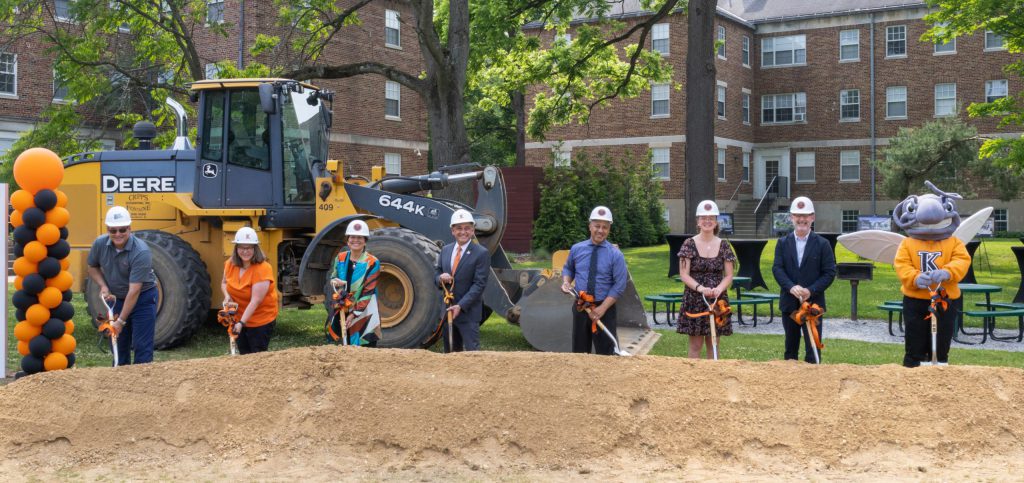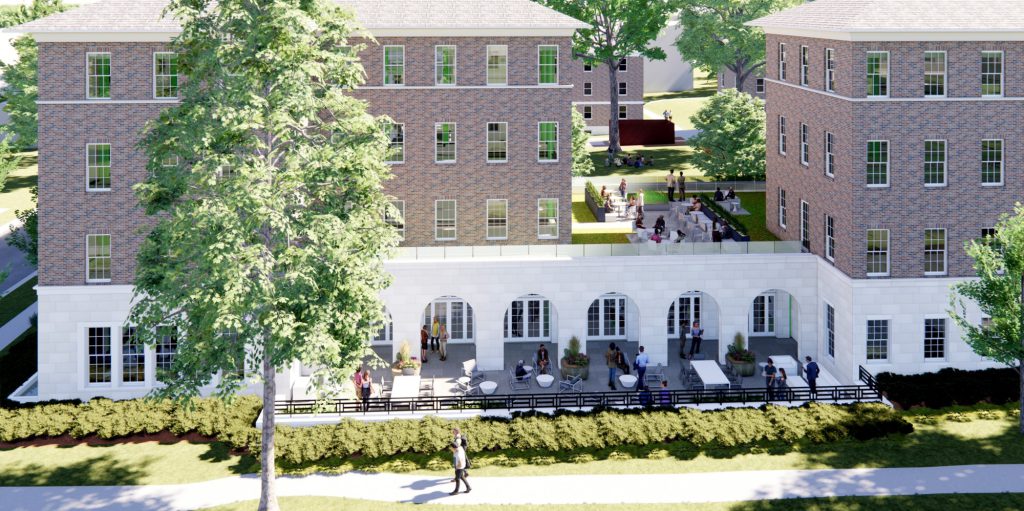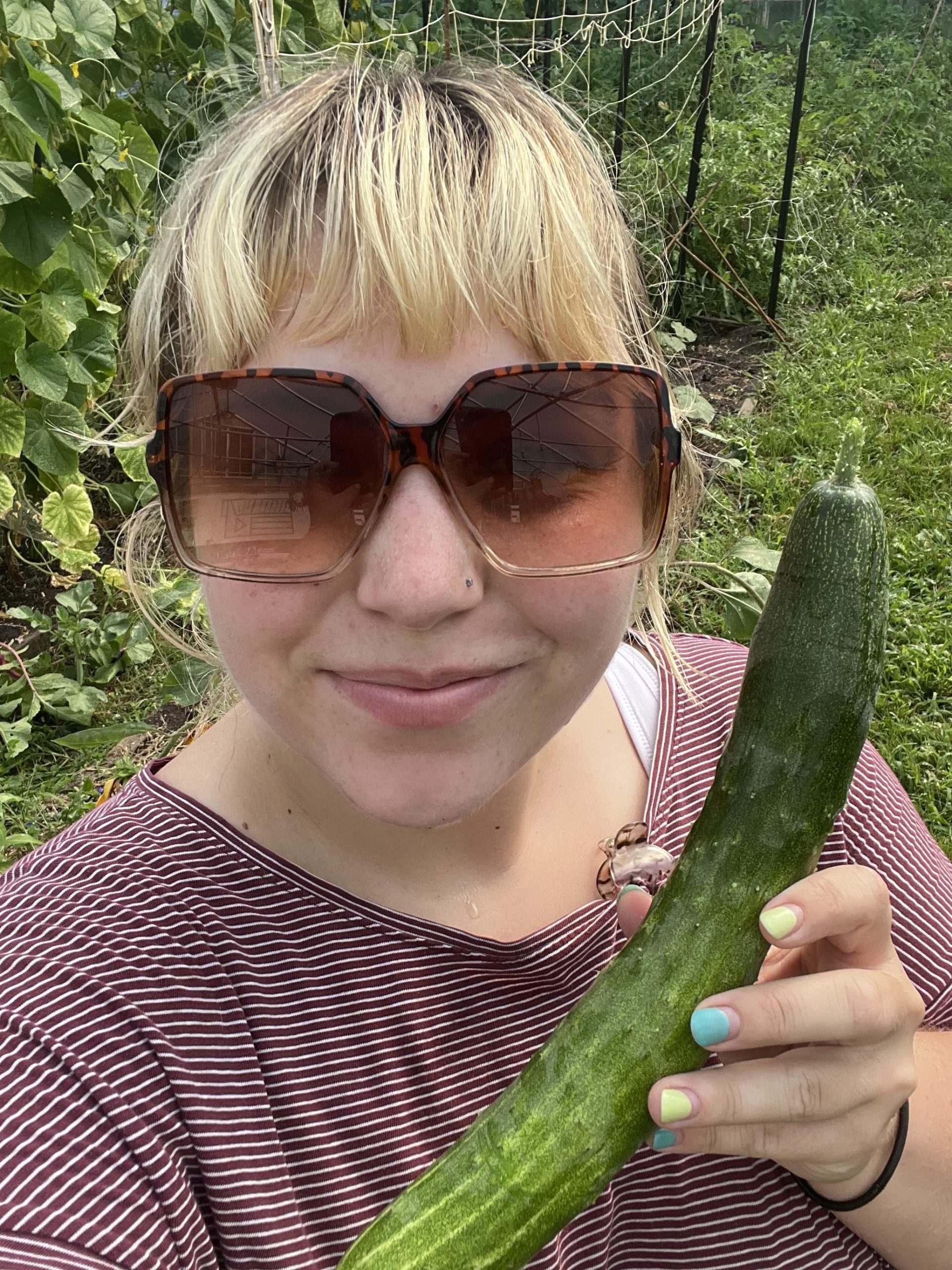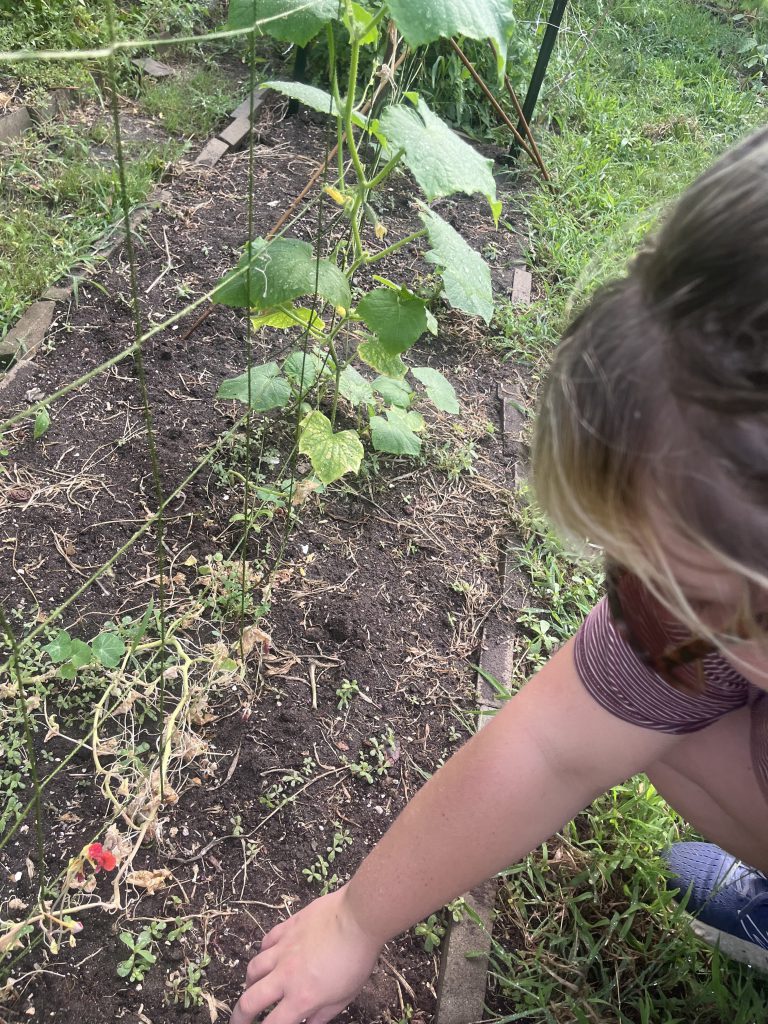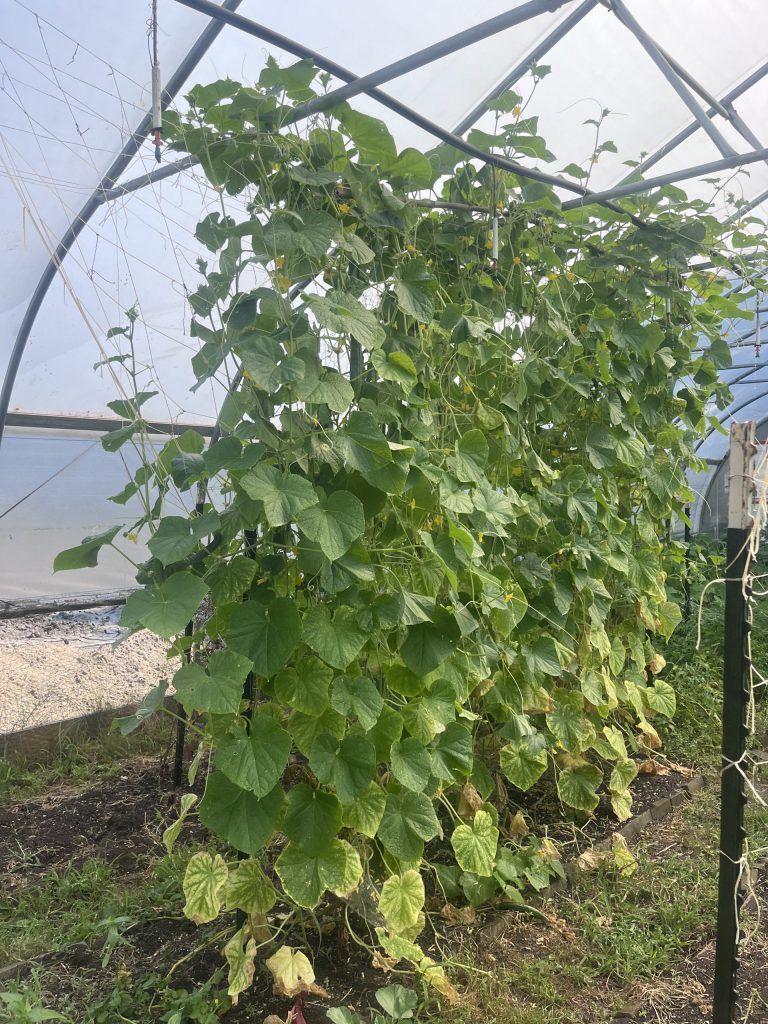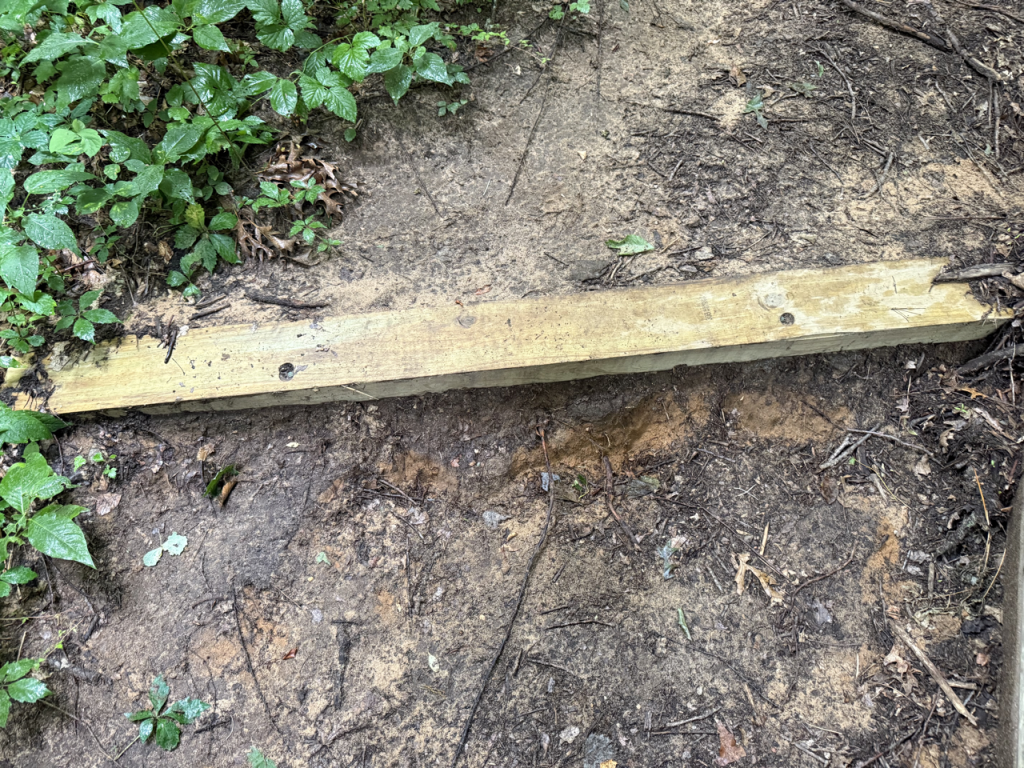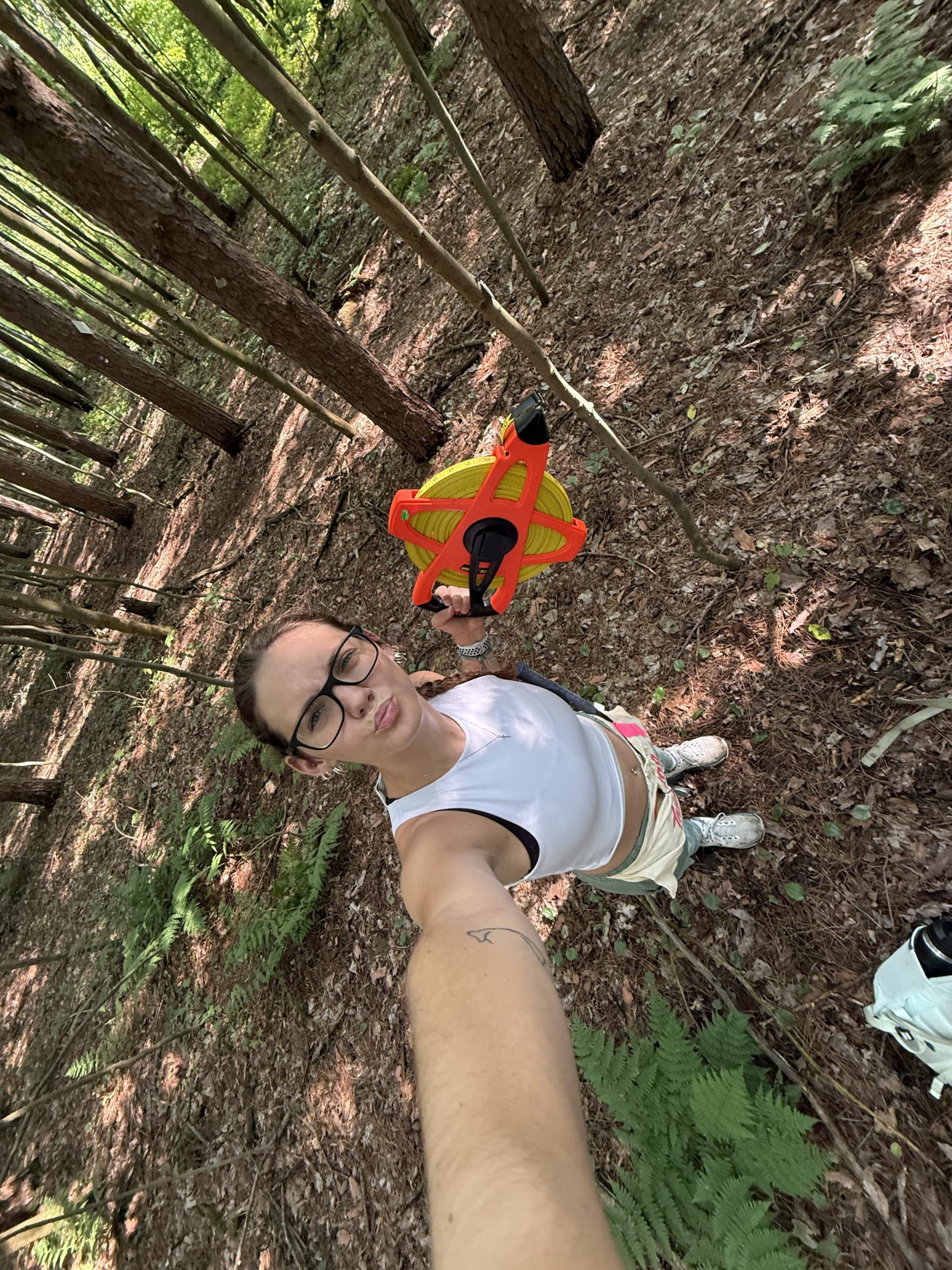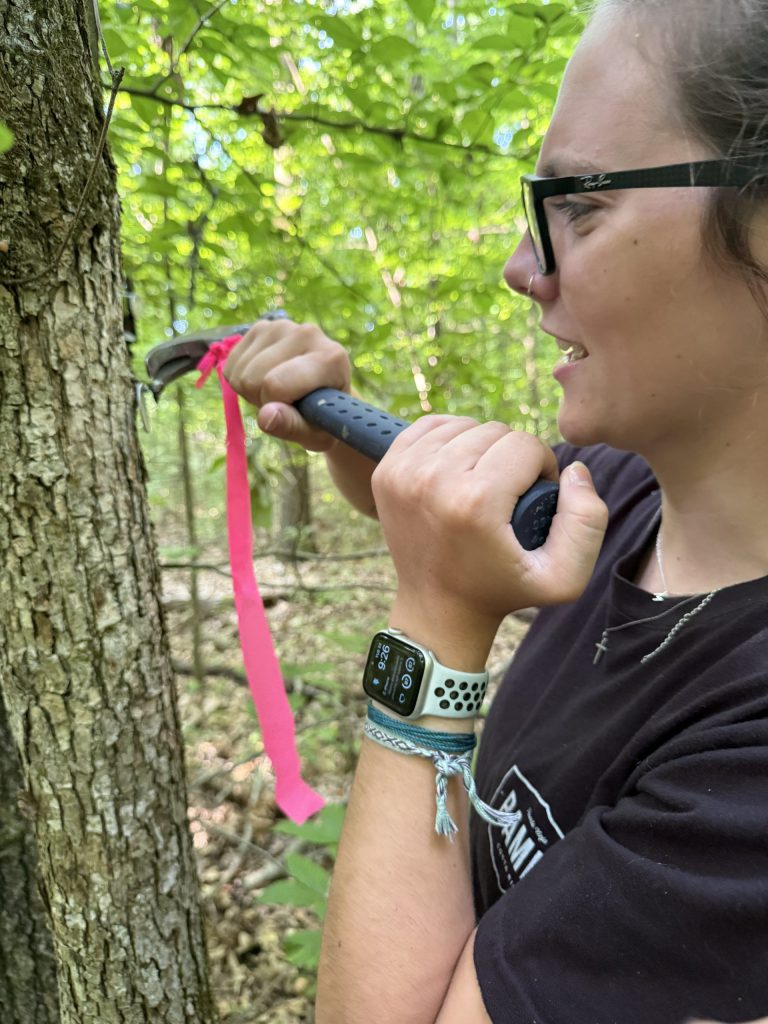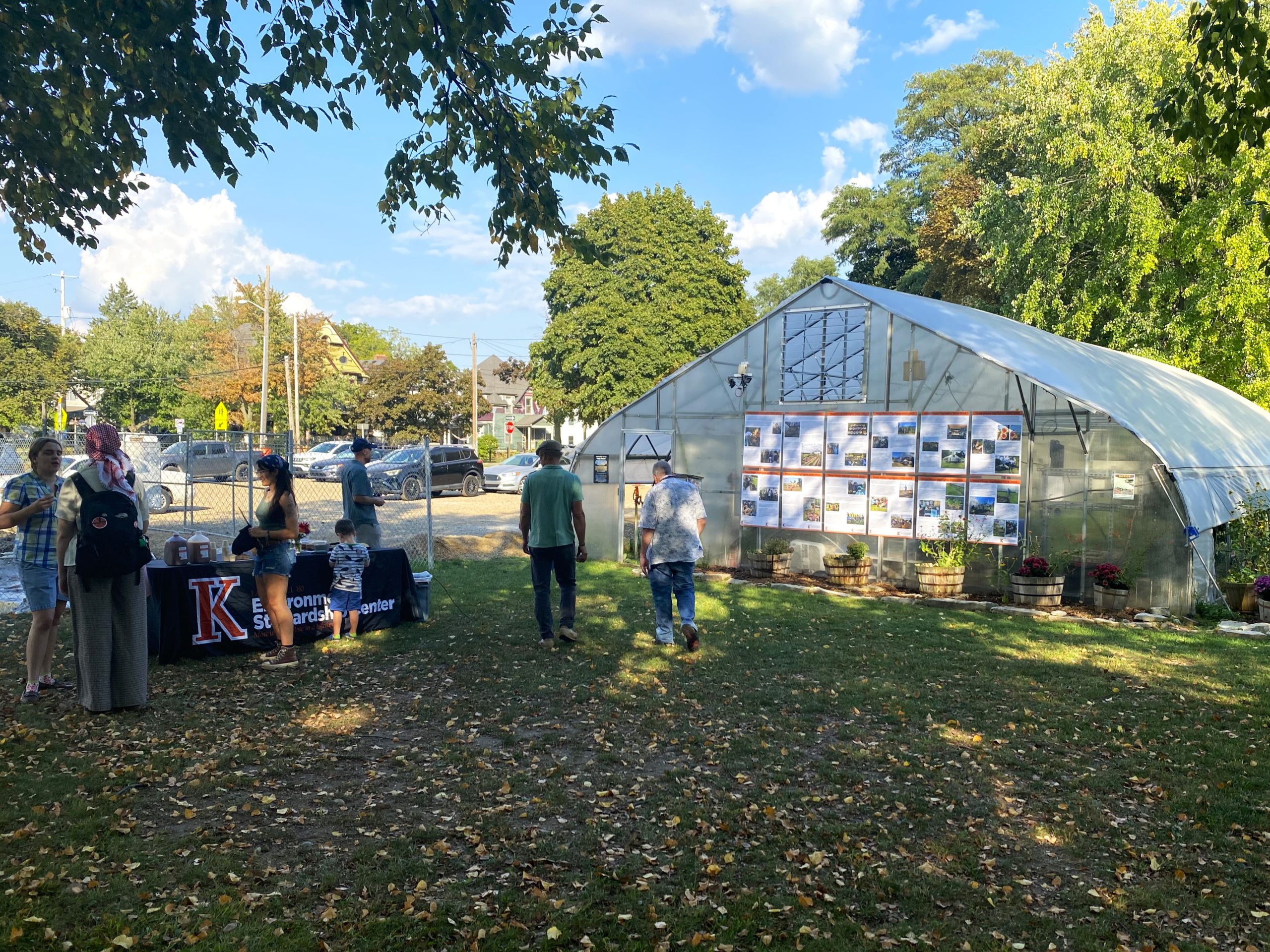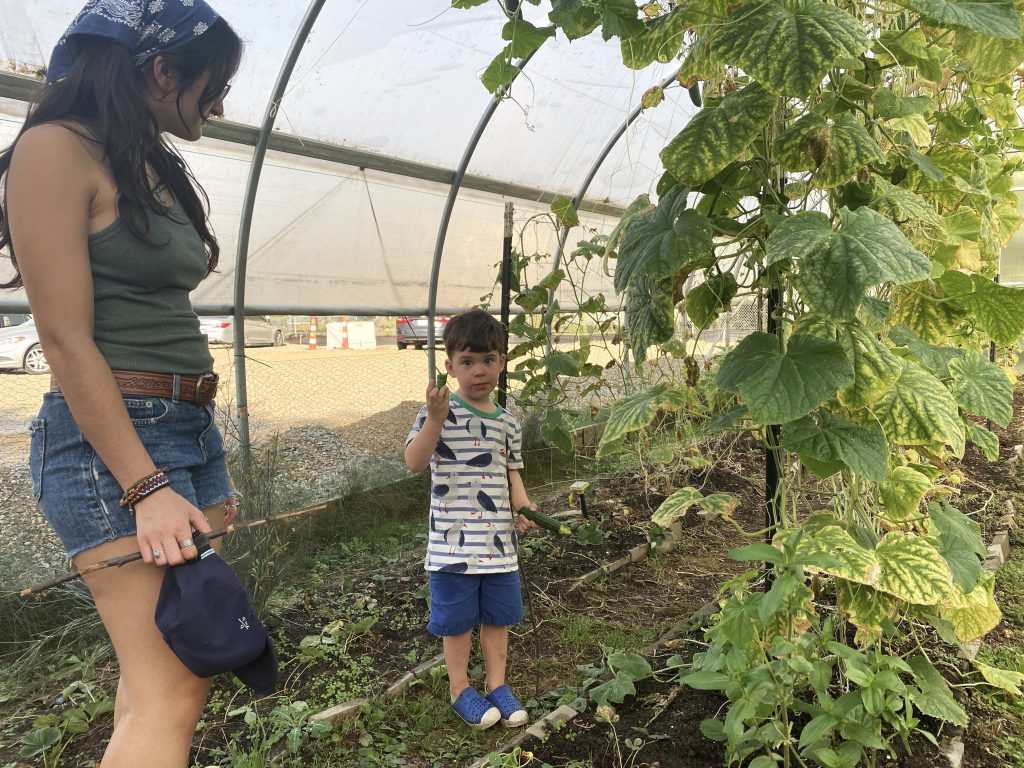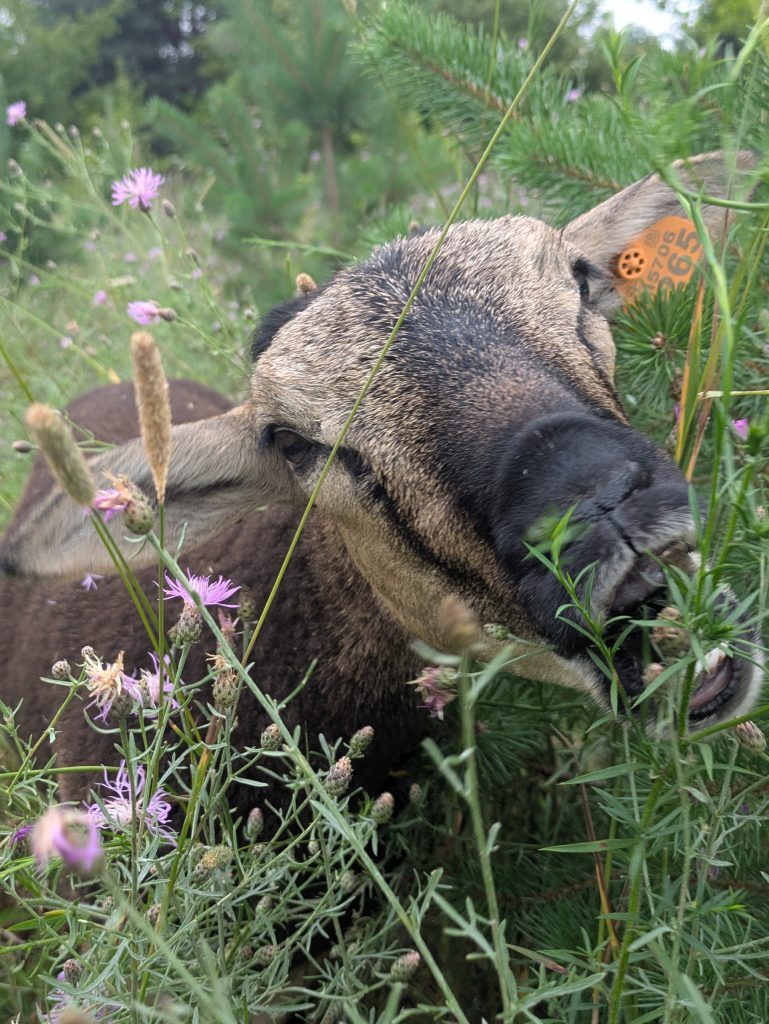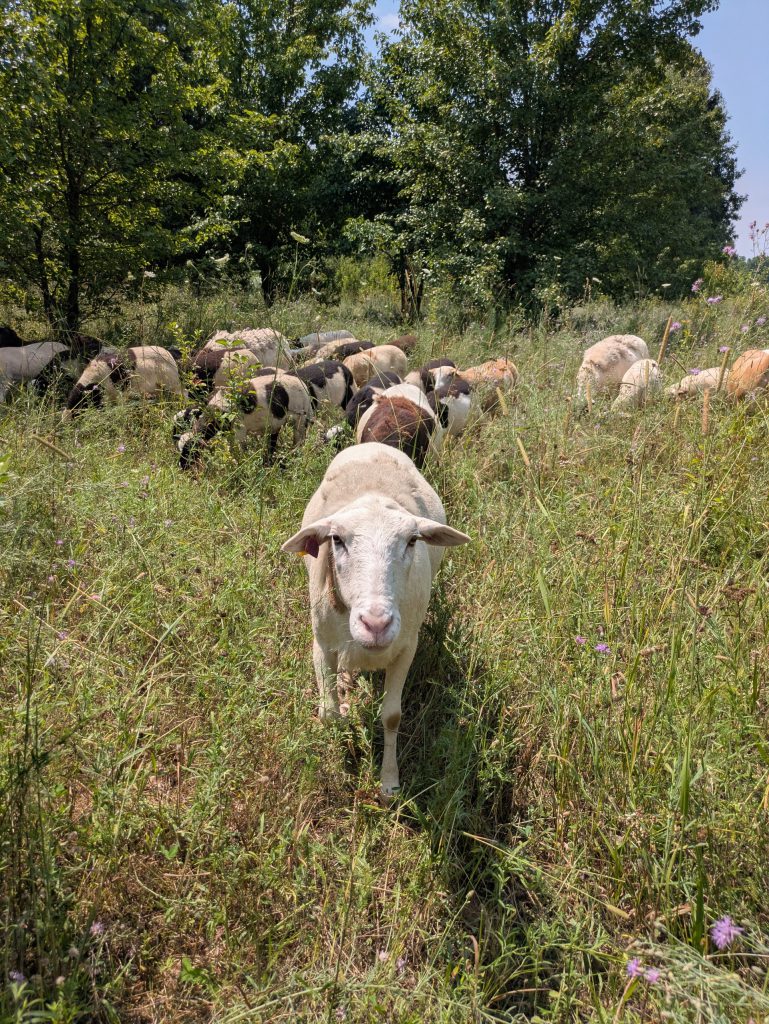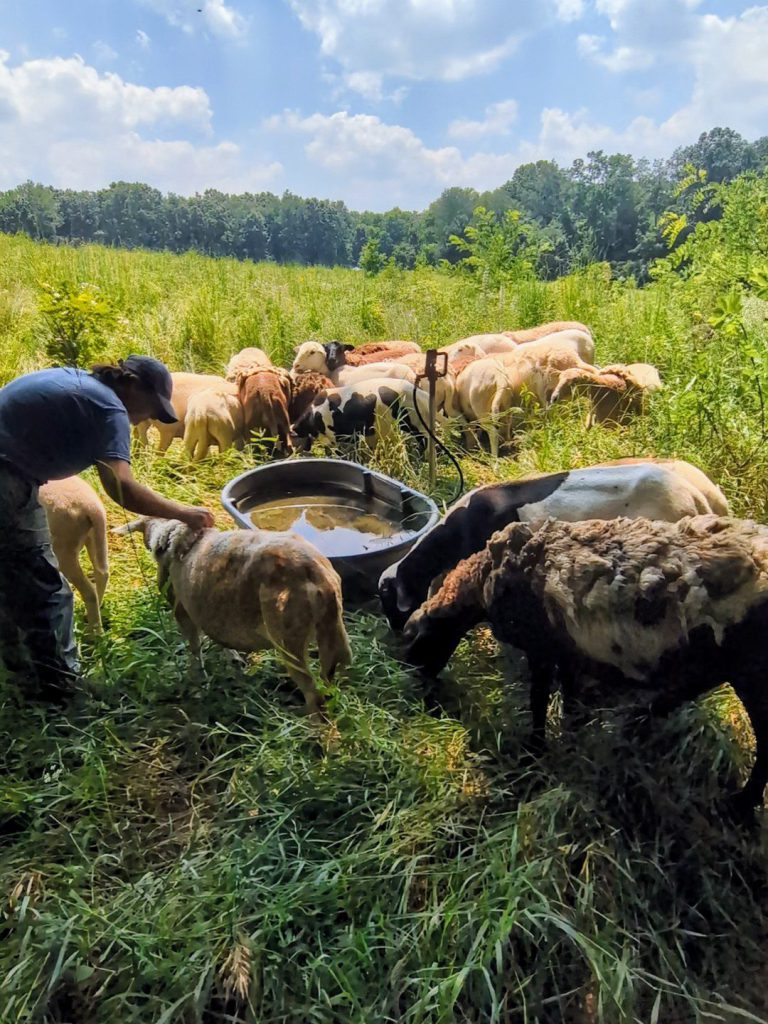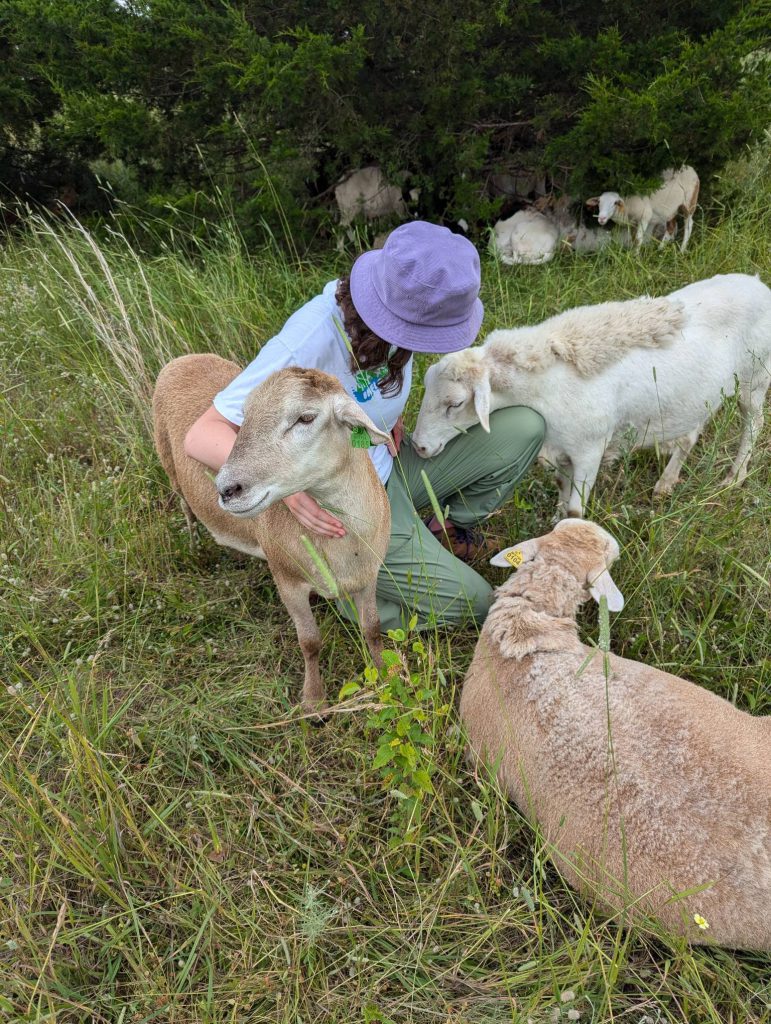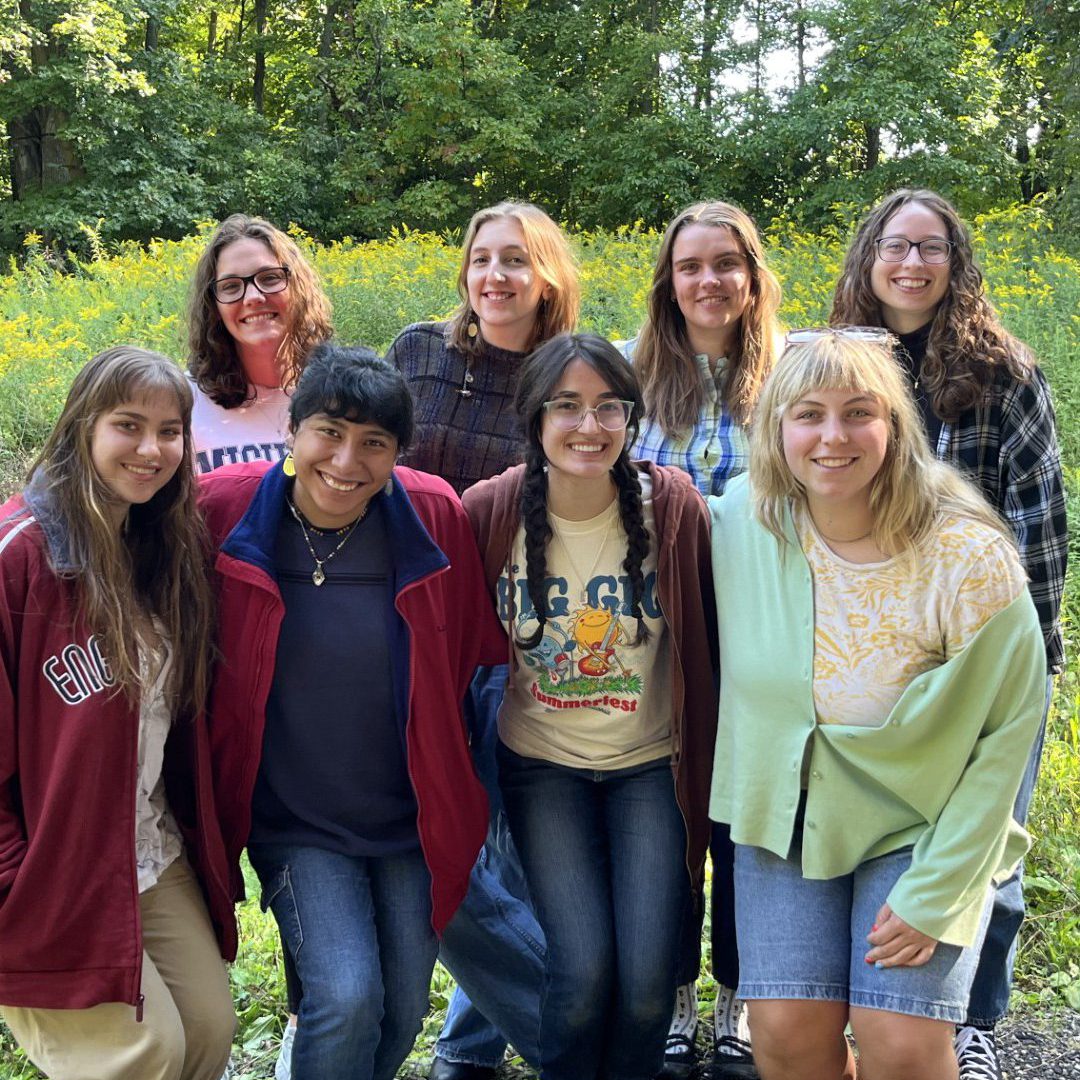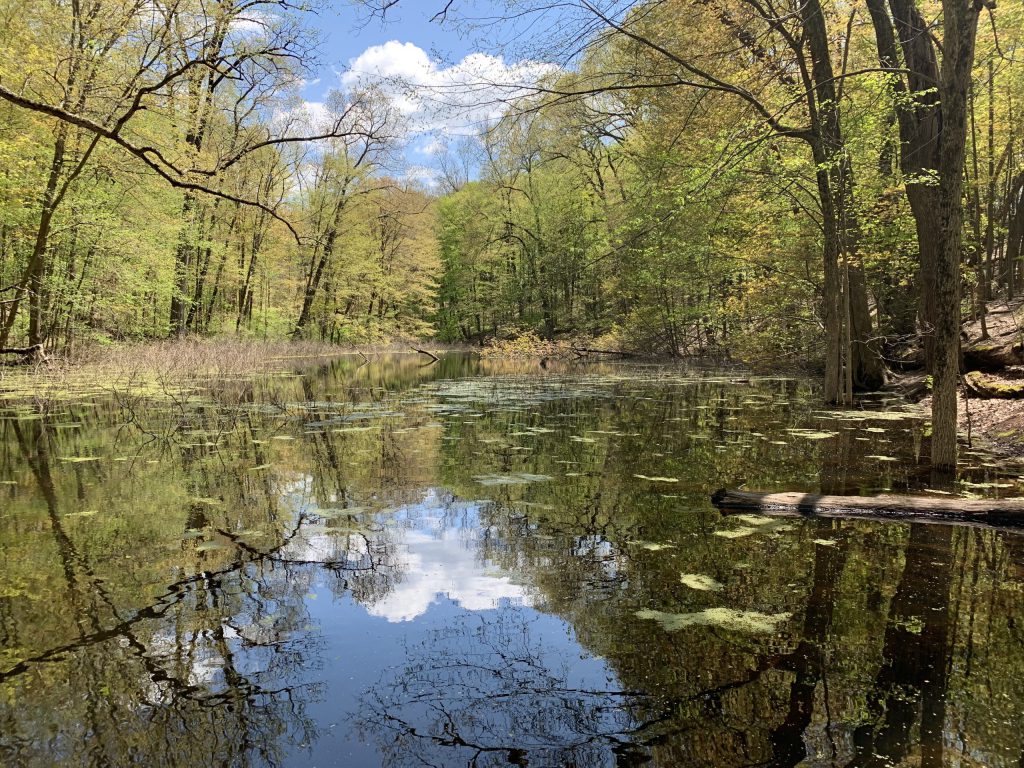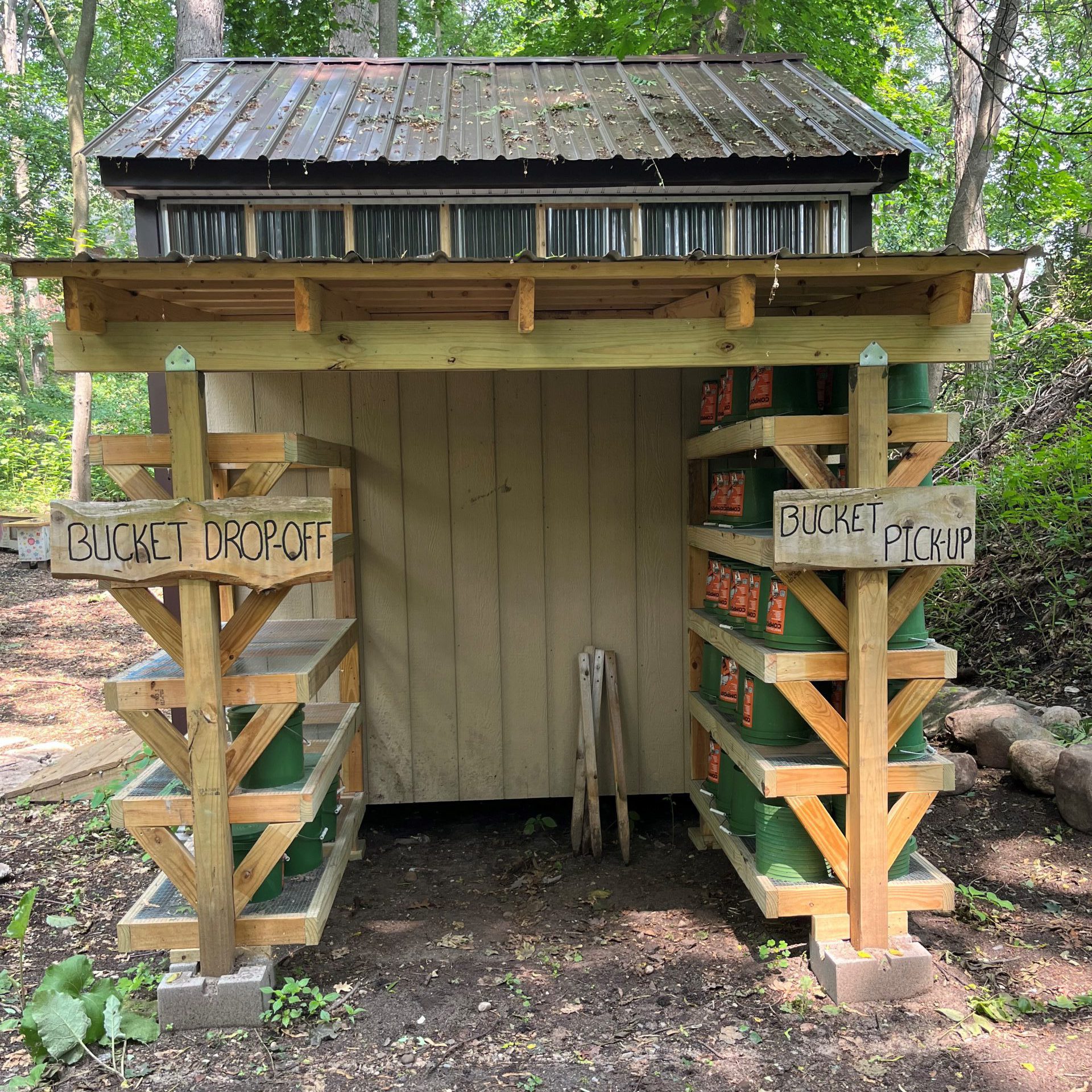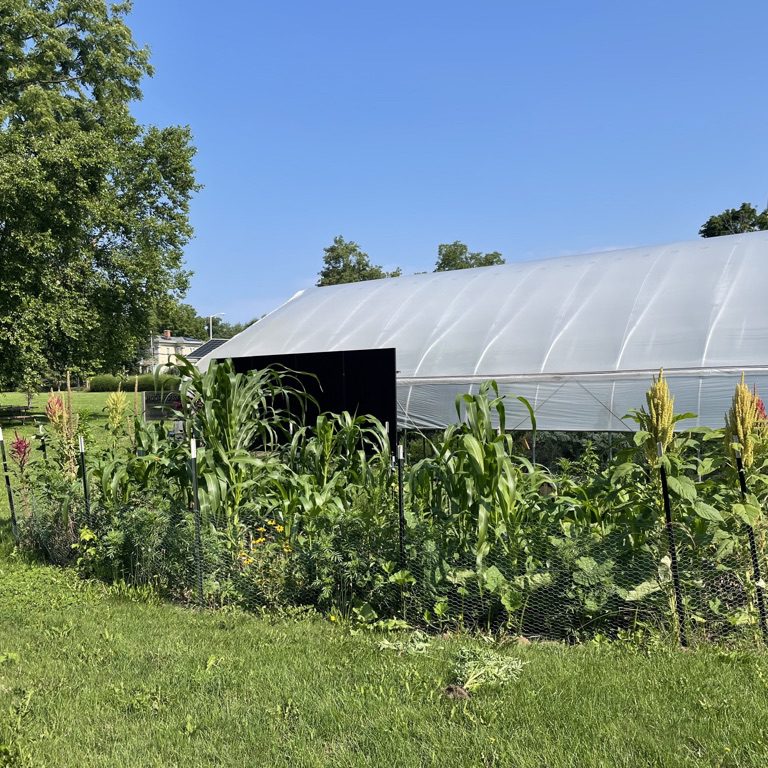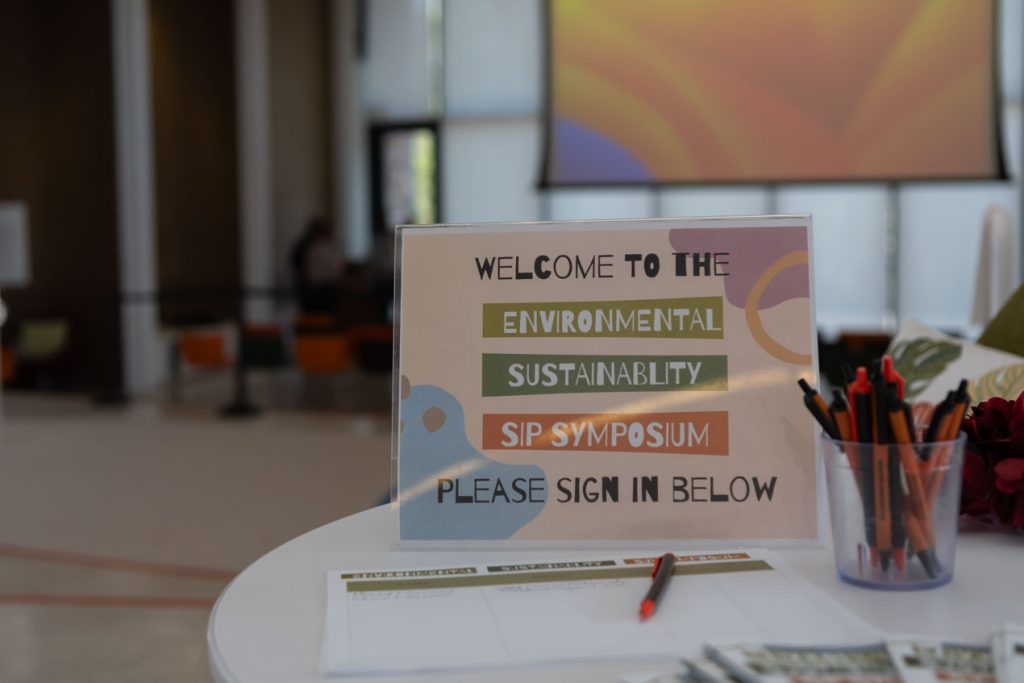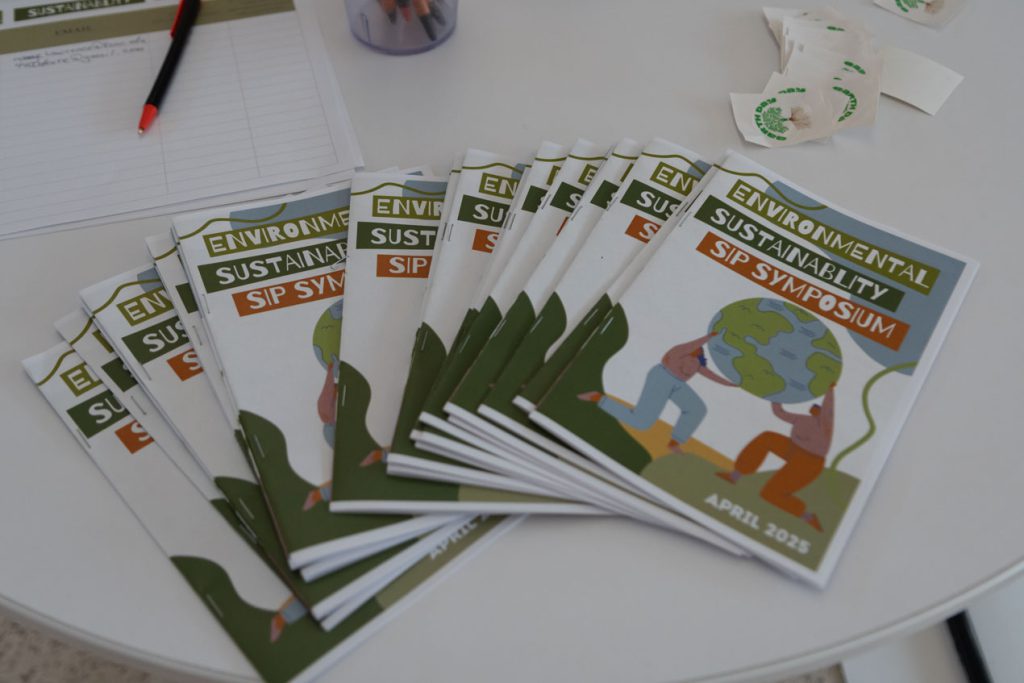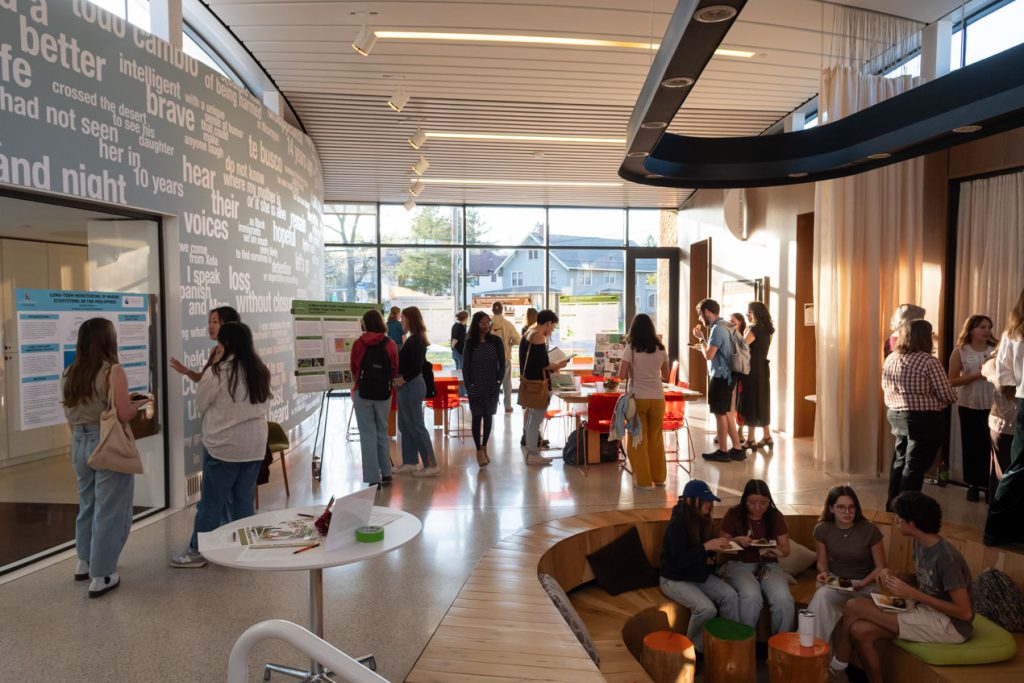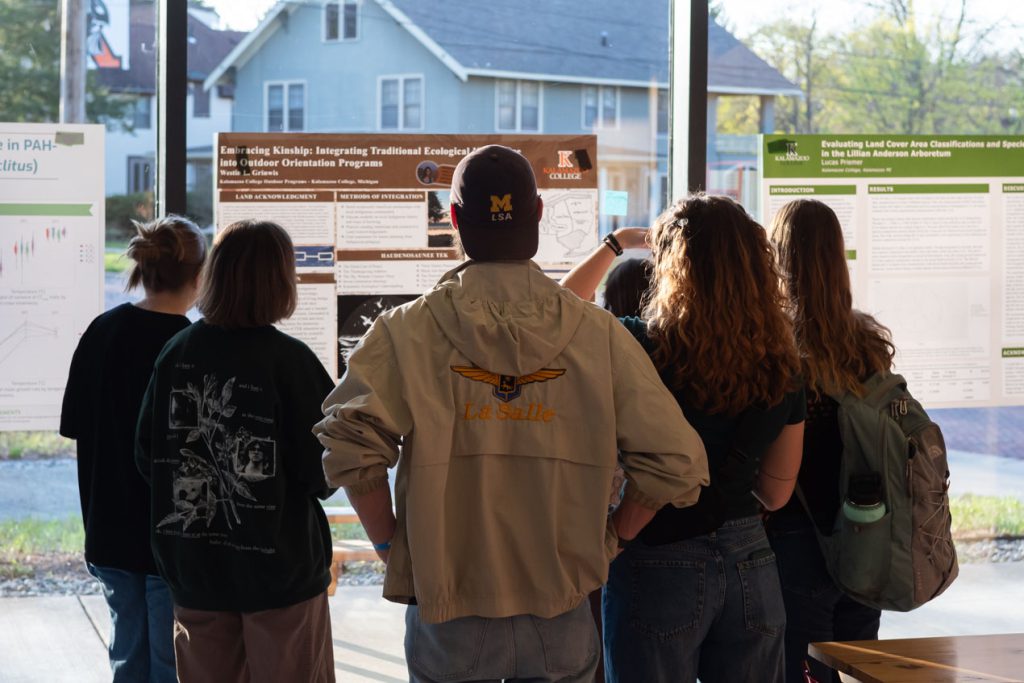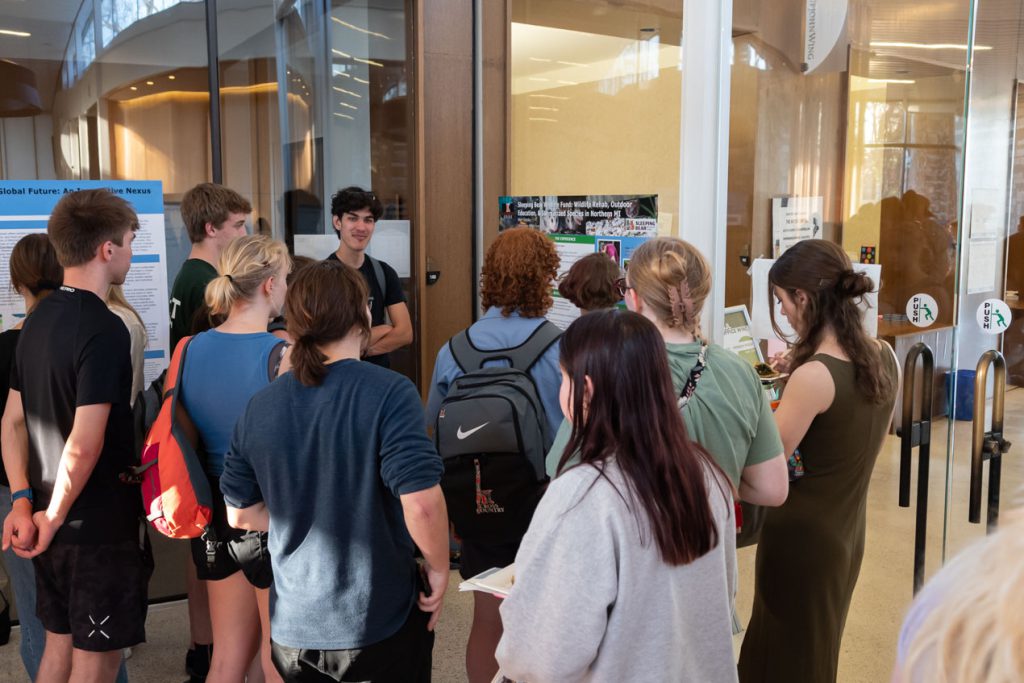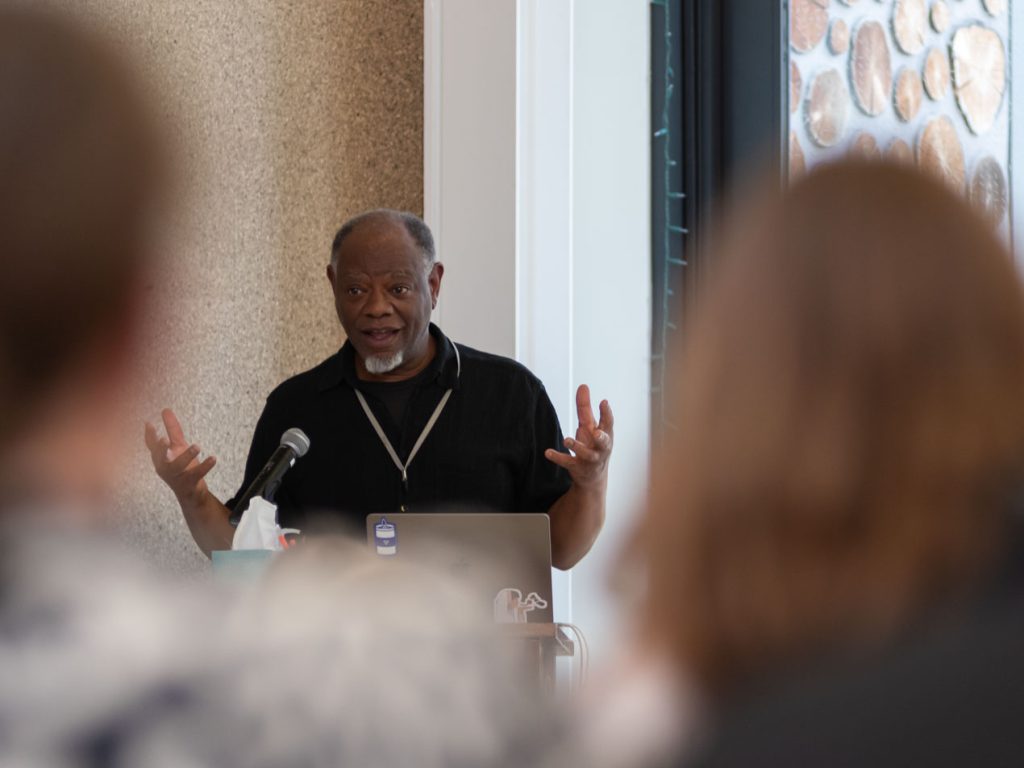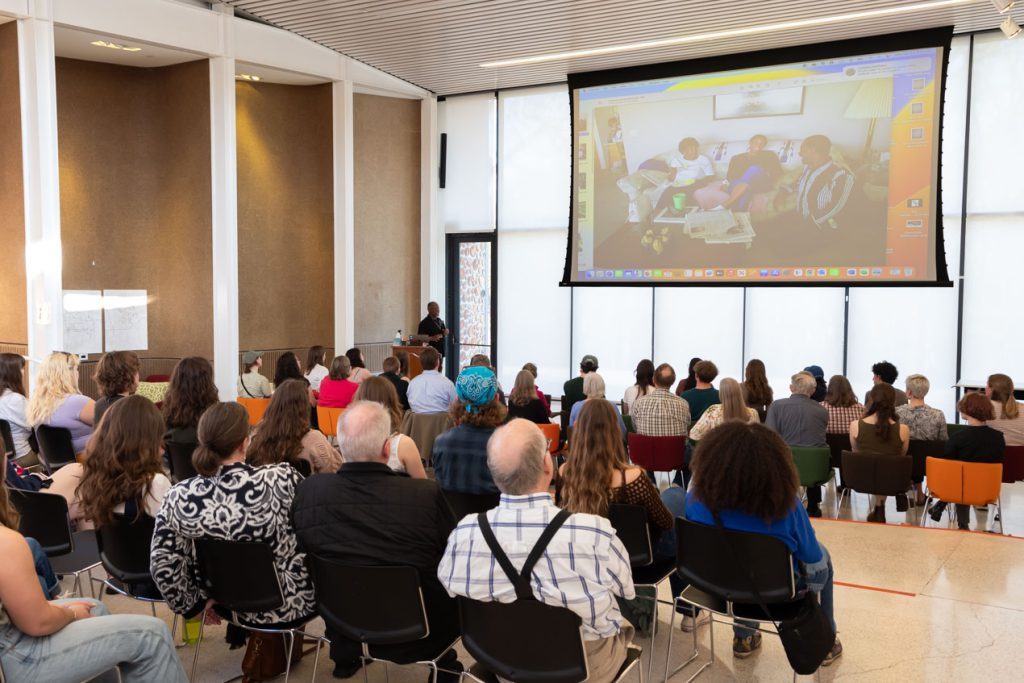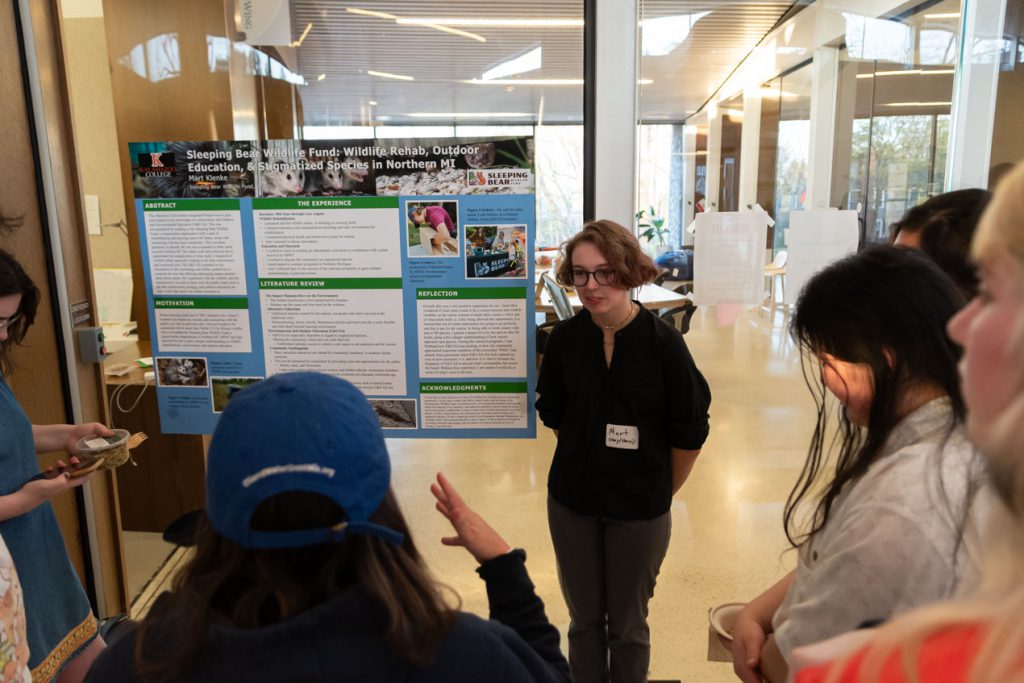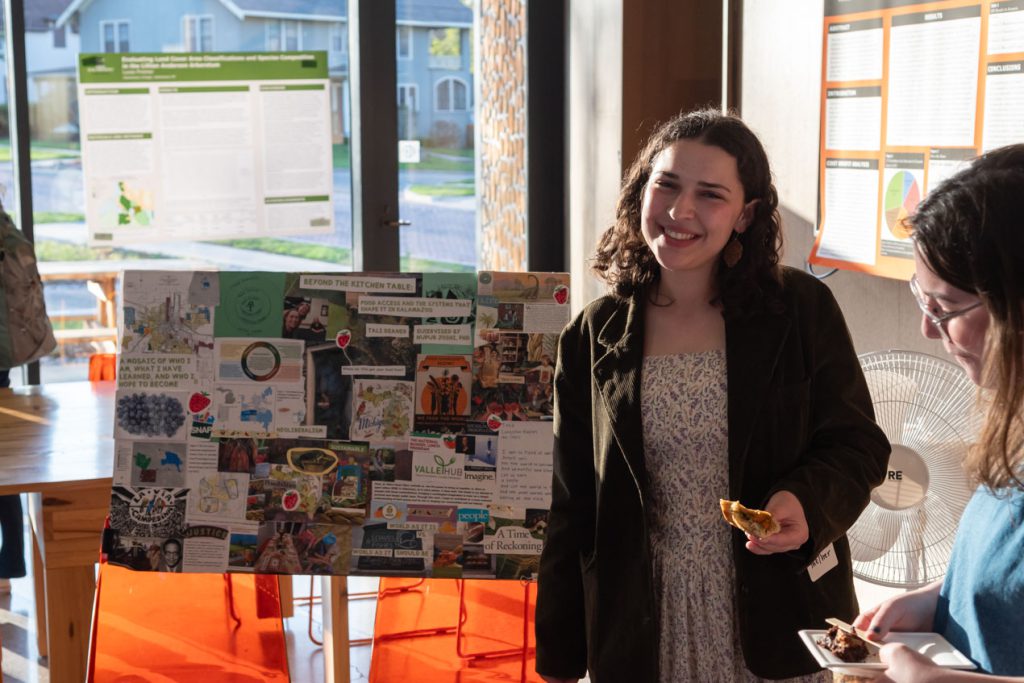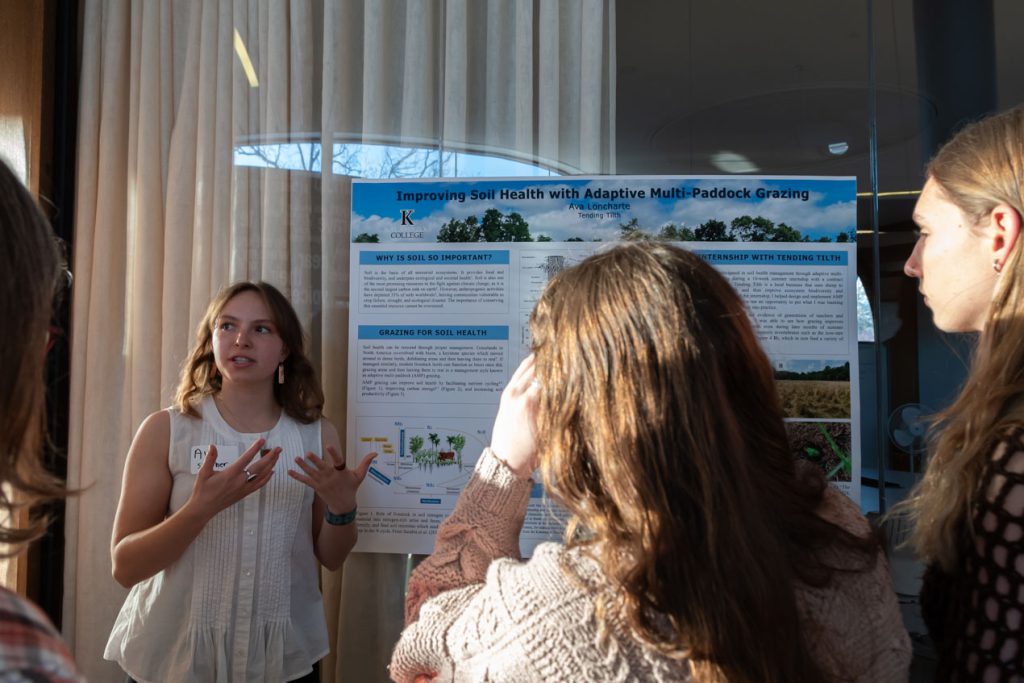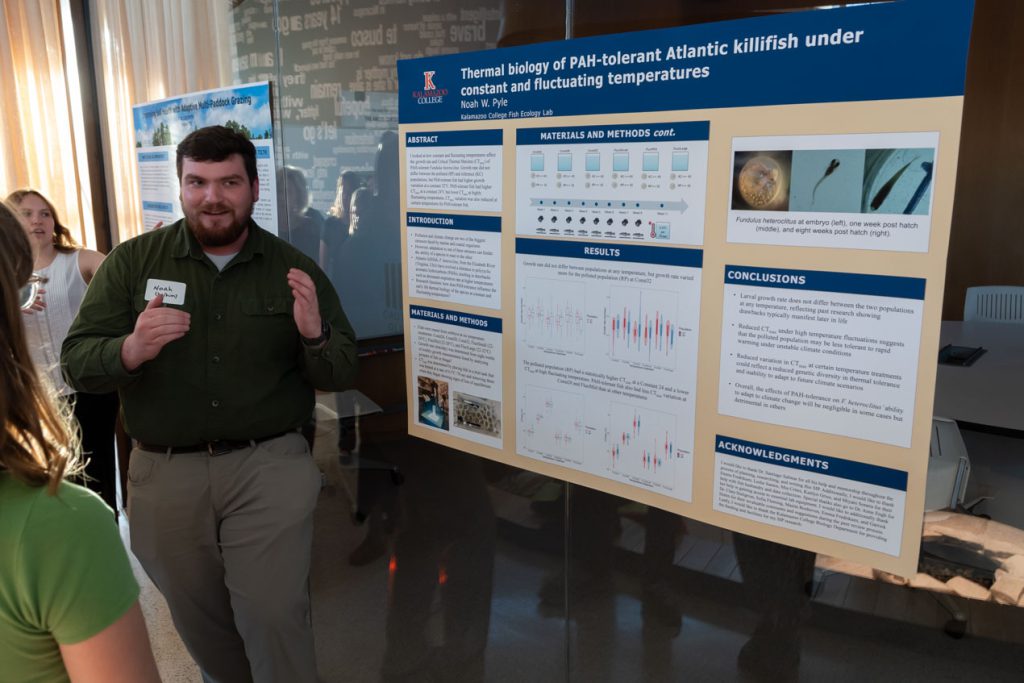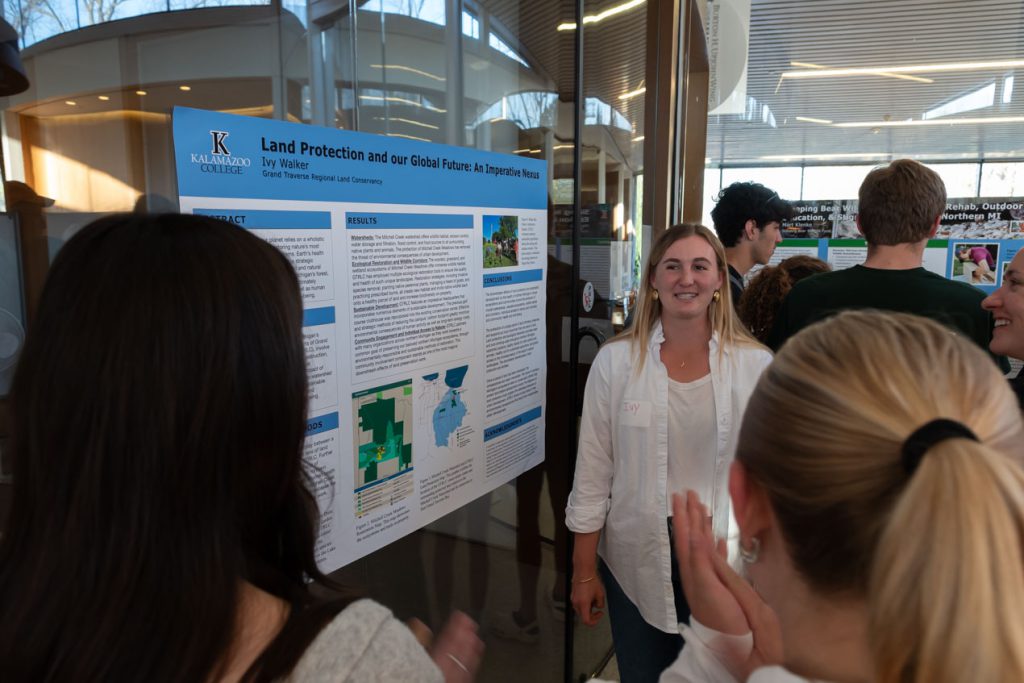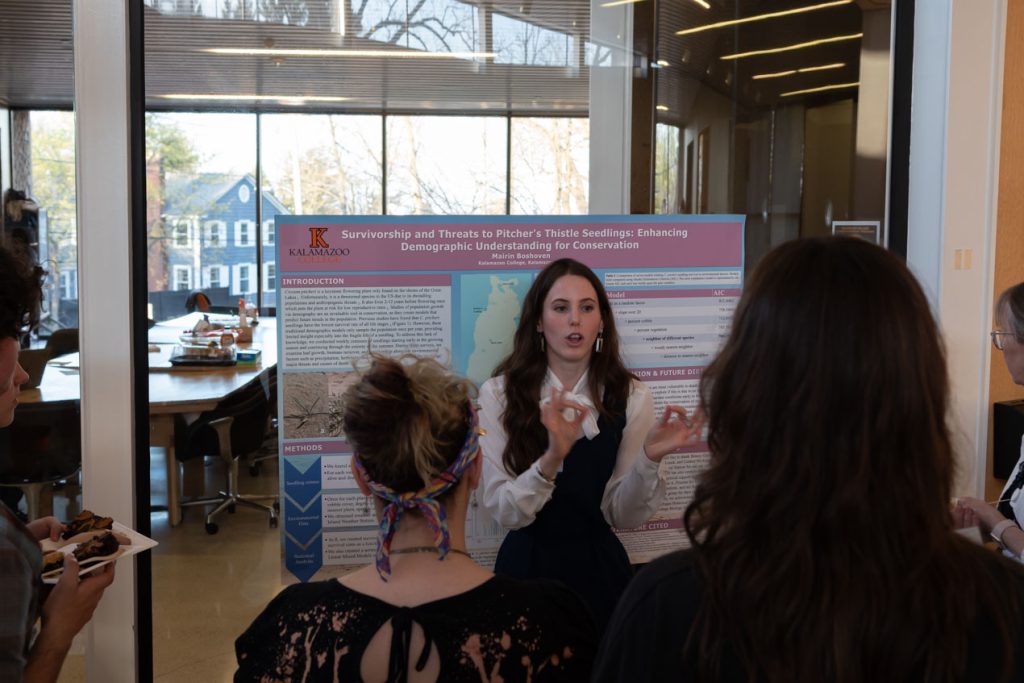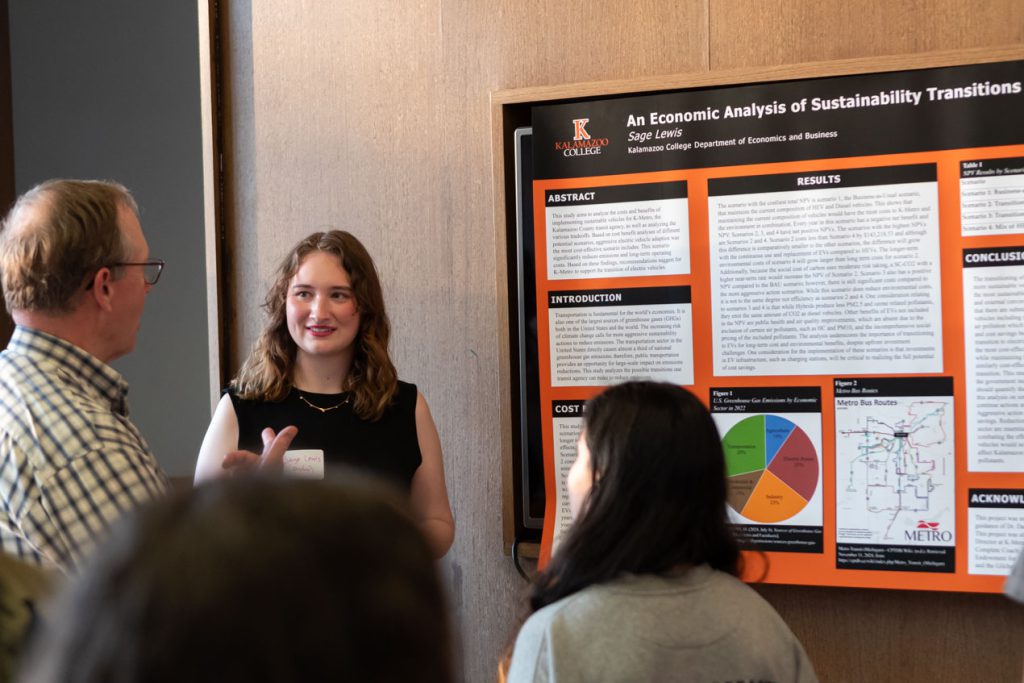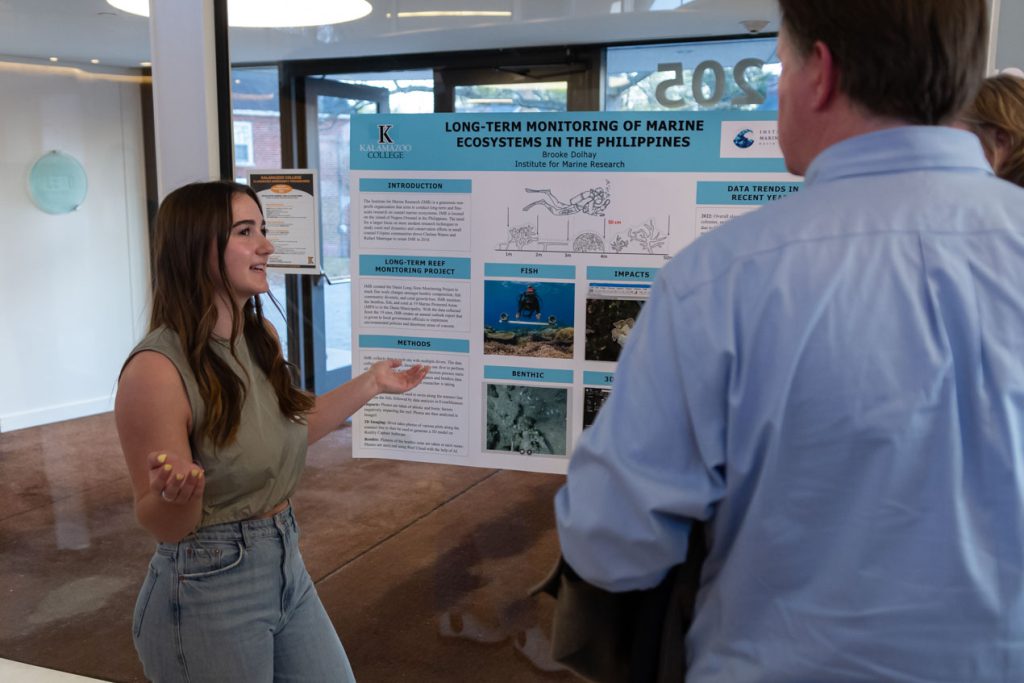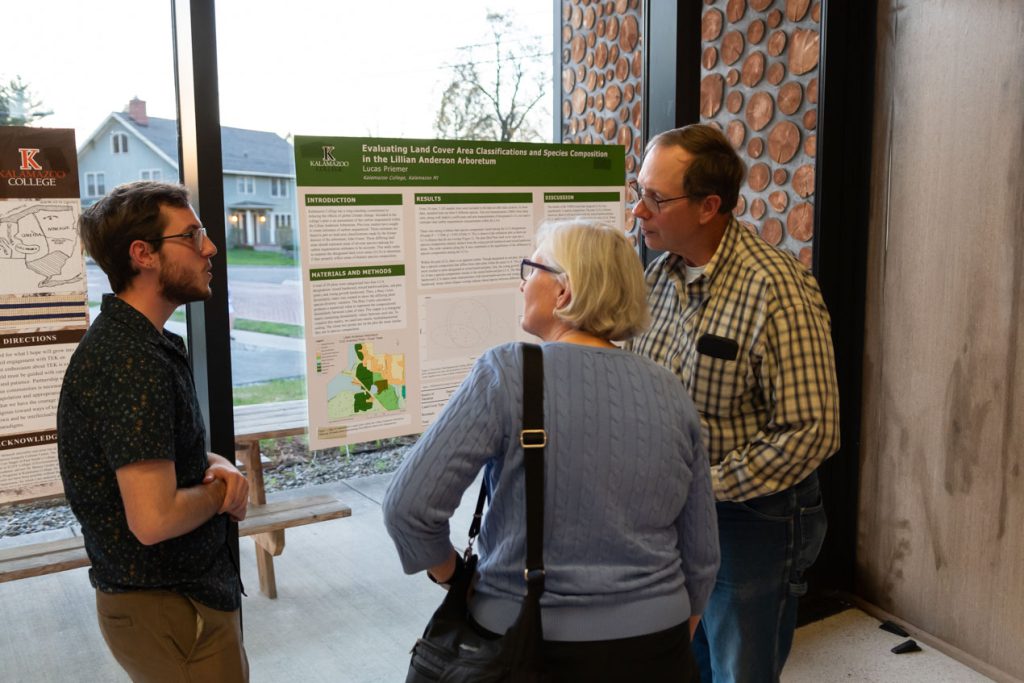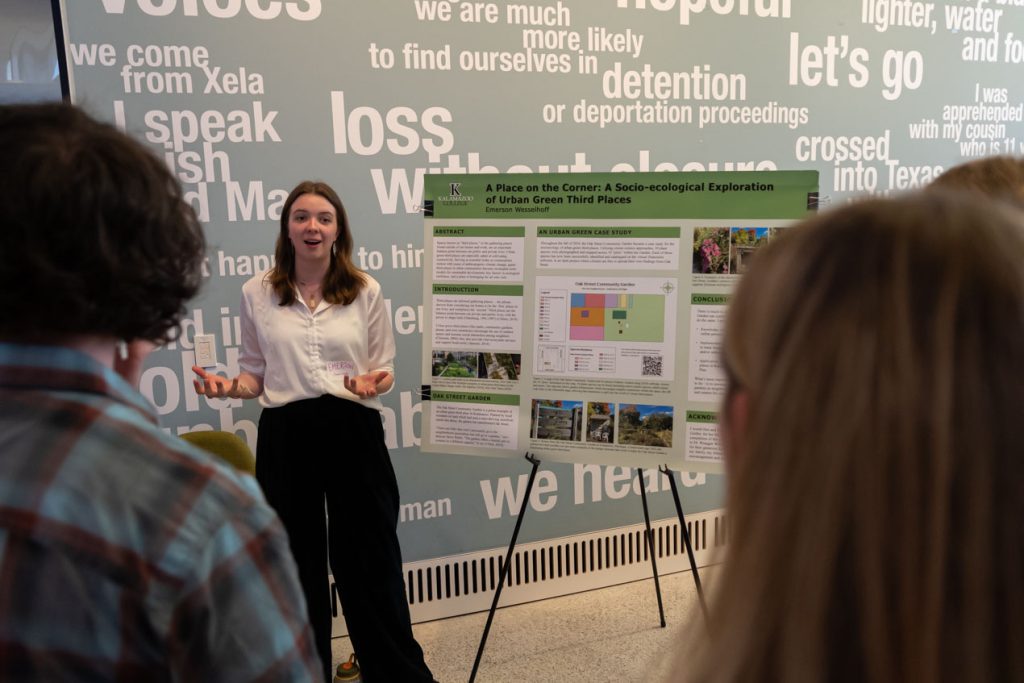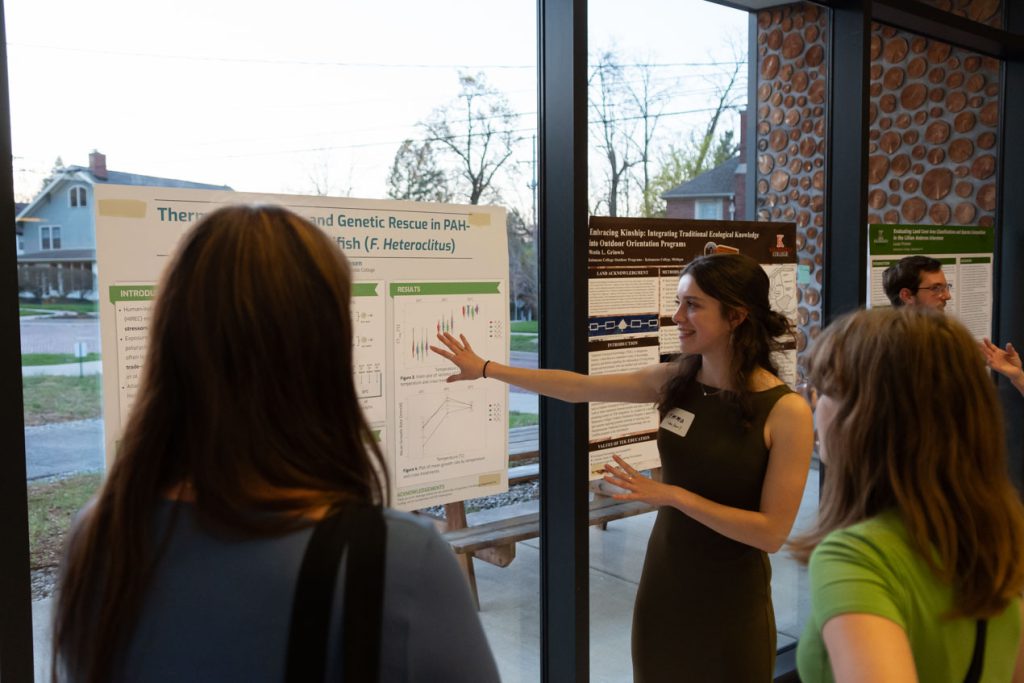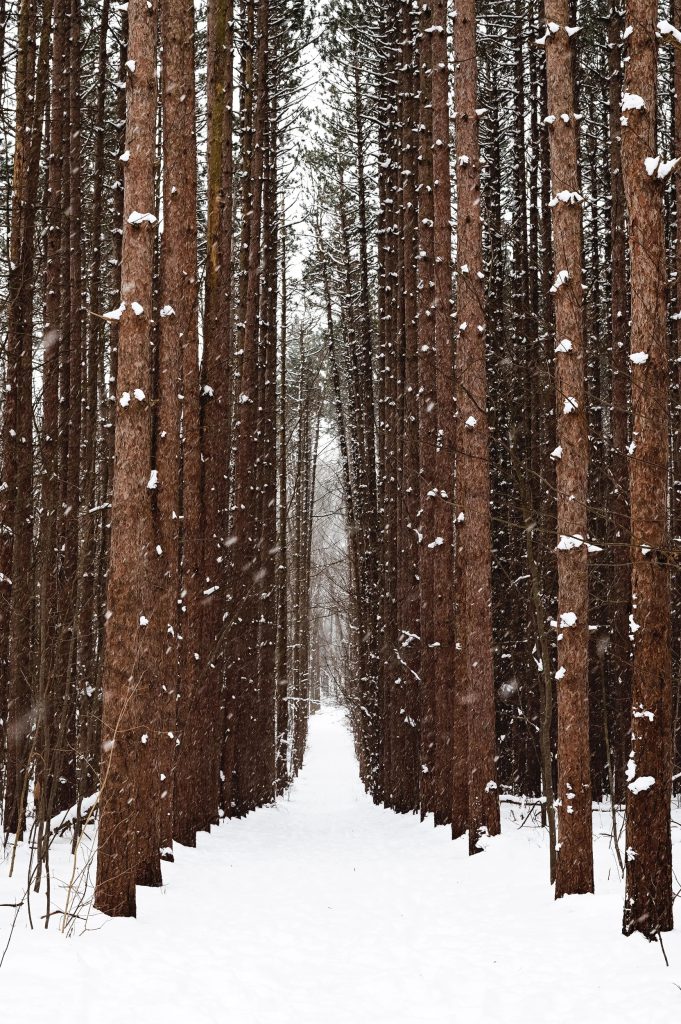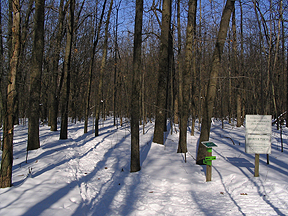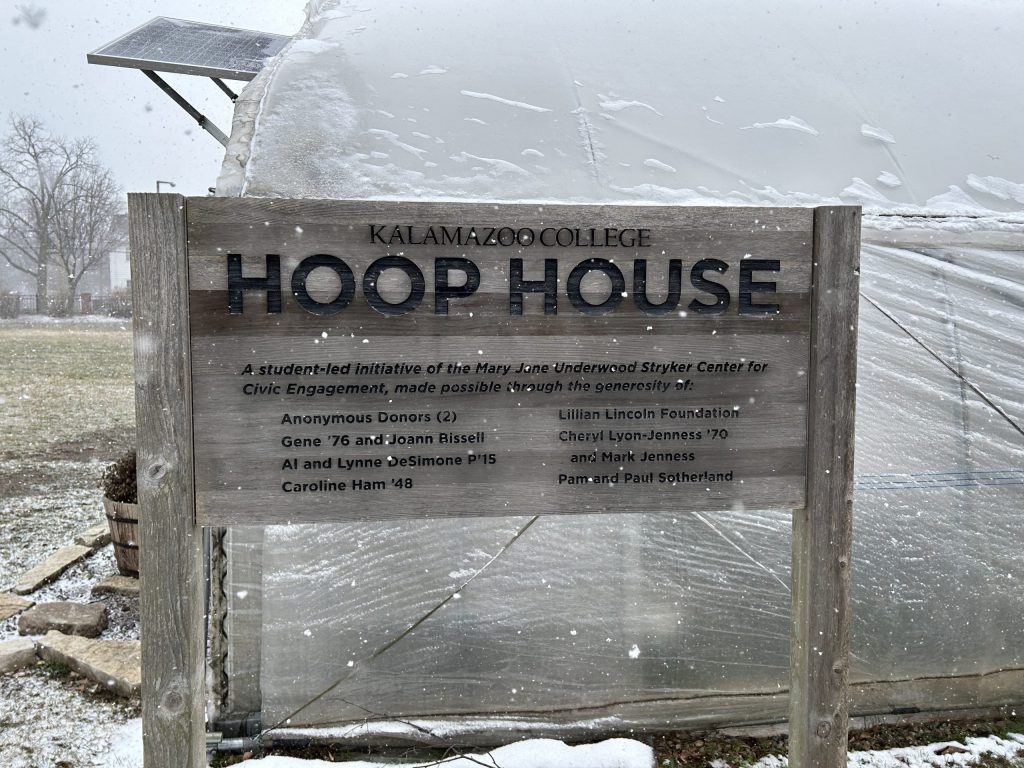This past Friday featured a Community Reflection about gardening and the cultivation of something bigger than flowers and vegetables.
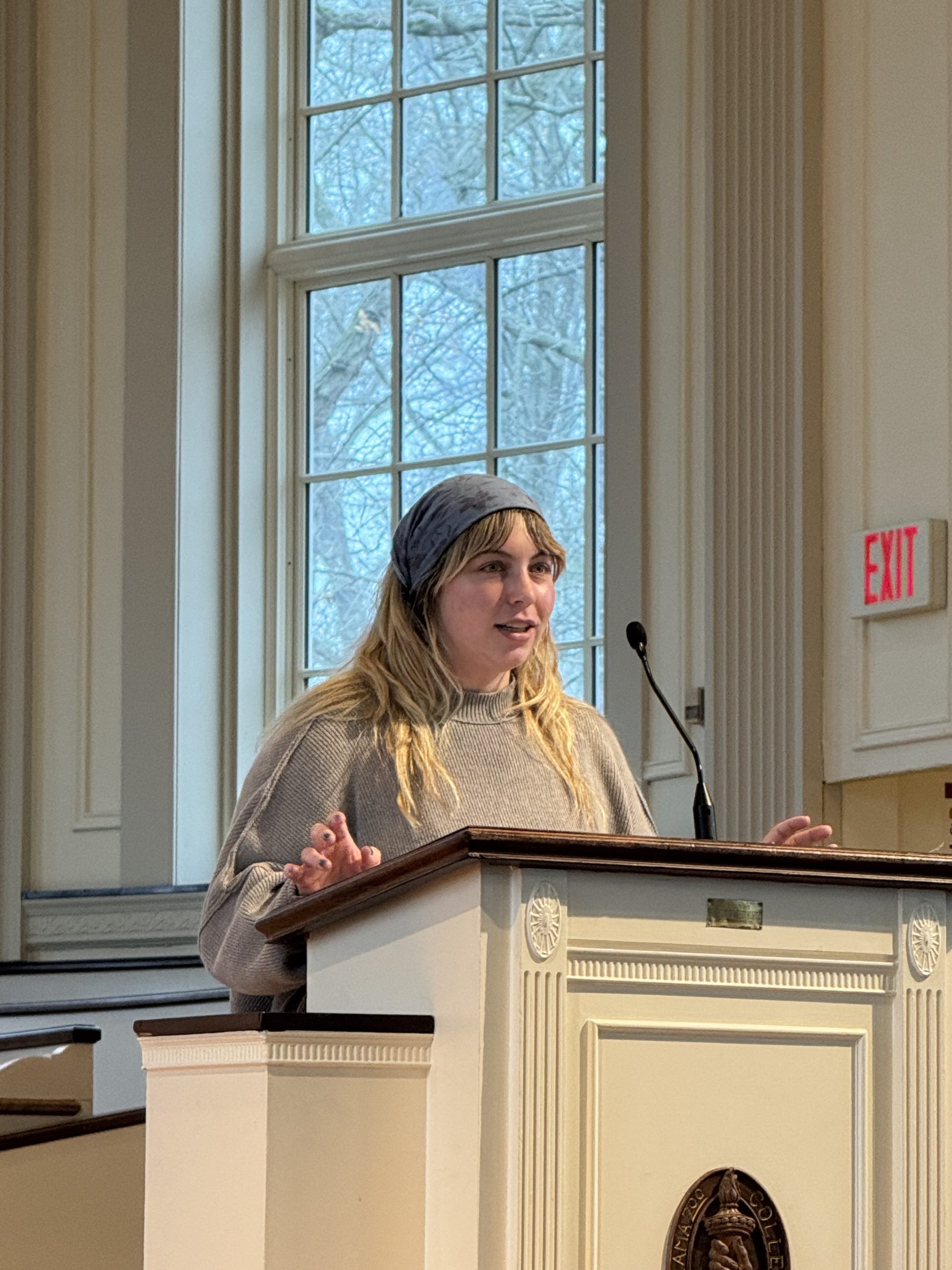
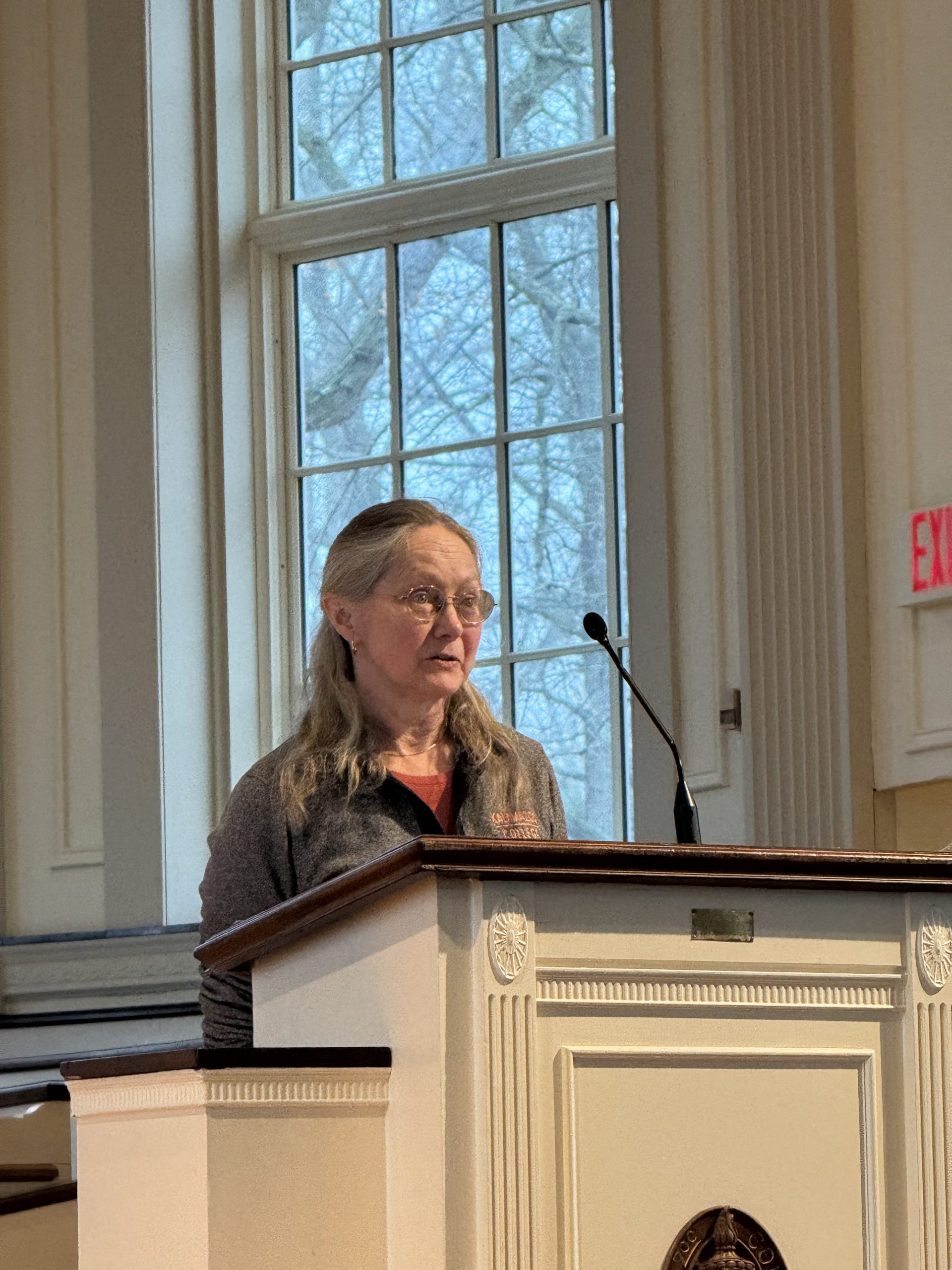
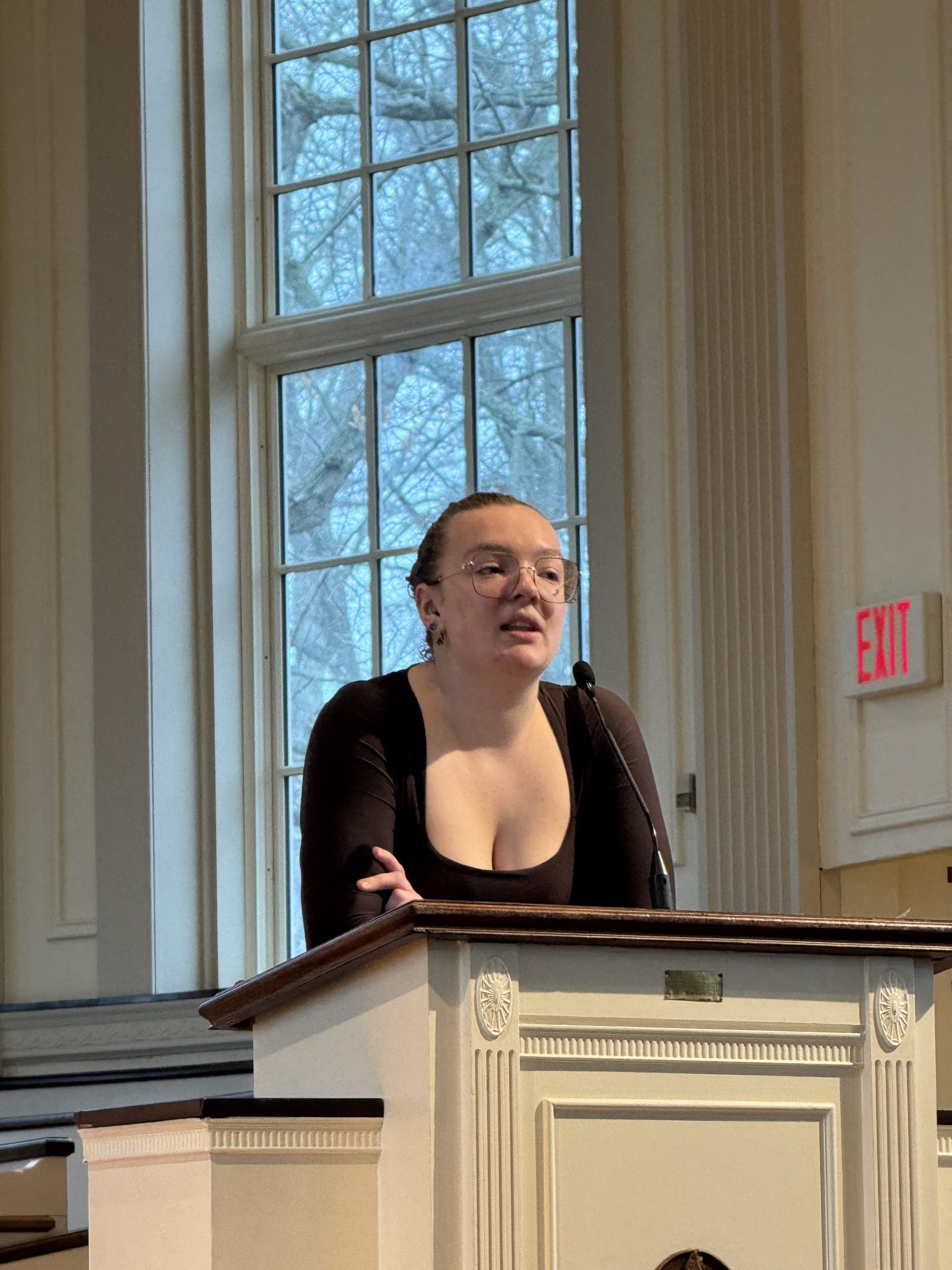
The Community Reflection, Lessons from the Garden, was hosted by Jane Hoinville and sprung from the Spanish proverb “more grows in the garden than the gardener sows”. Hoinville has worked at K in the Advancement Division since 2008, and she has volunteered as a Master Gardener at the Jolly Garden since 2010. In 2019, she took over as the Gardening instructor for the gardening PE class. The class runs spring and fall, and in the summer, she works with volunteers to keep the garden watered, weeded and harvested. The focus on gardening and what working in the garden has taught its stewards serves as a testament to reciprocity and the idea that as we engage with the land, we are actively learning and being shaped by it.
Jane shared about the history of green spaces on Kalamazoo College’s campus and what lessons she has learned throughout her time at the Jolly Garden. She also welcomed five other speakers to the stage to share their experiences interacting with gardens and what lessons and stories it has provided them.
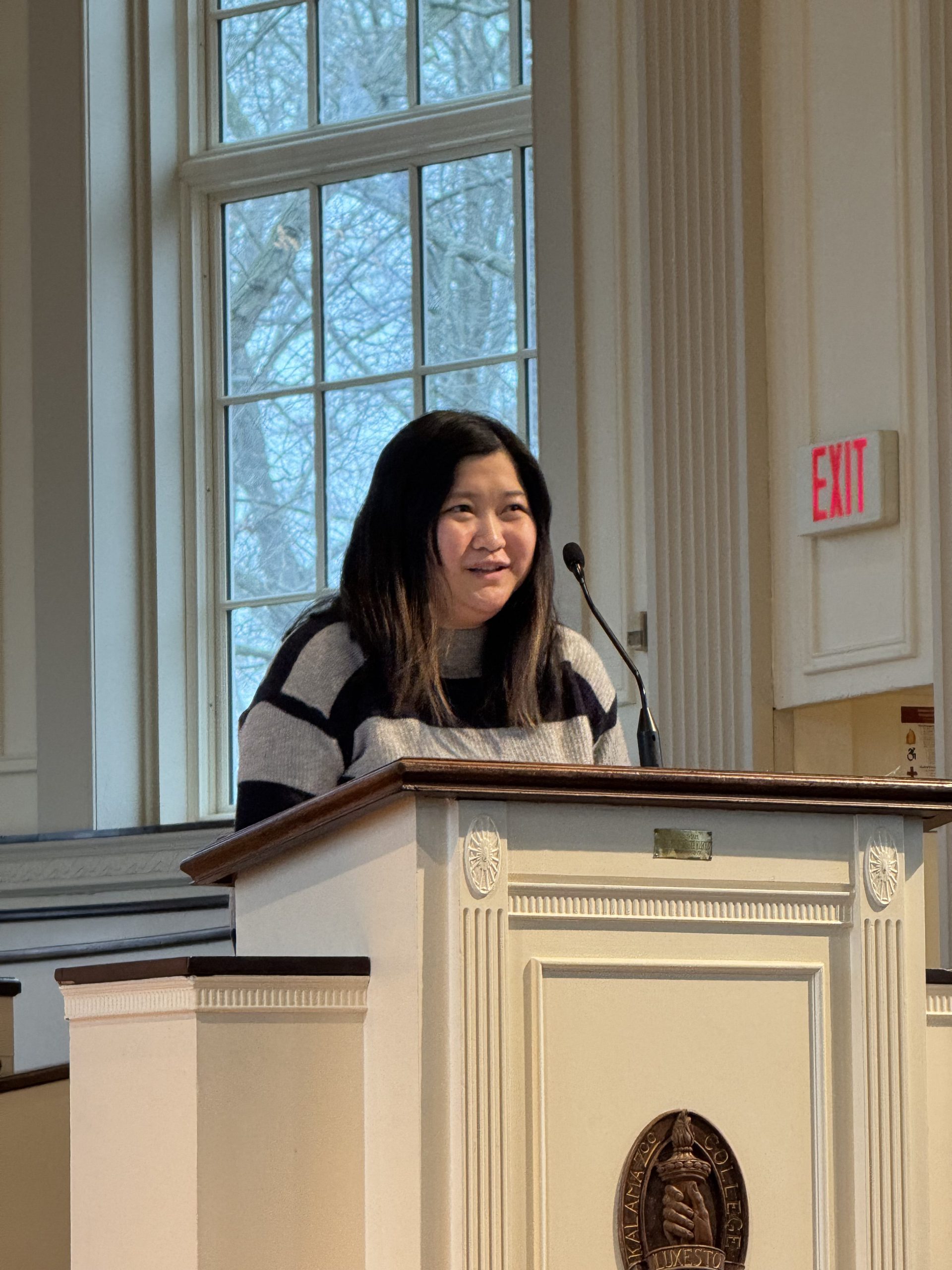
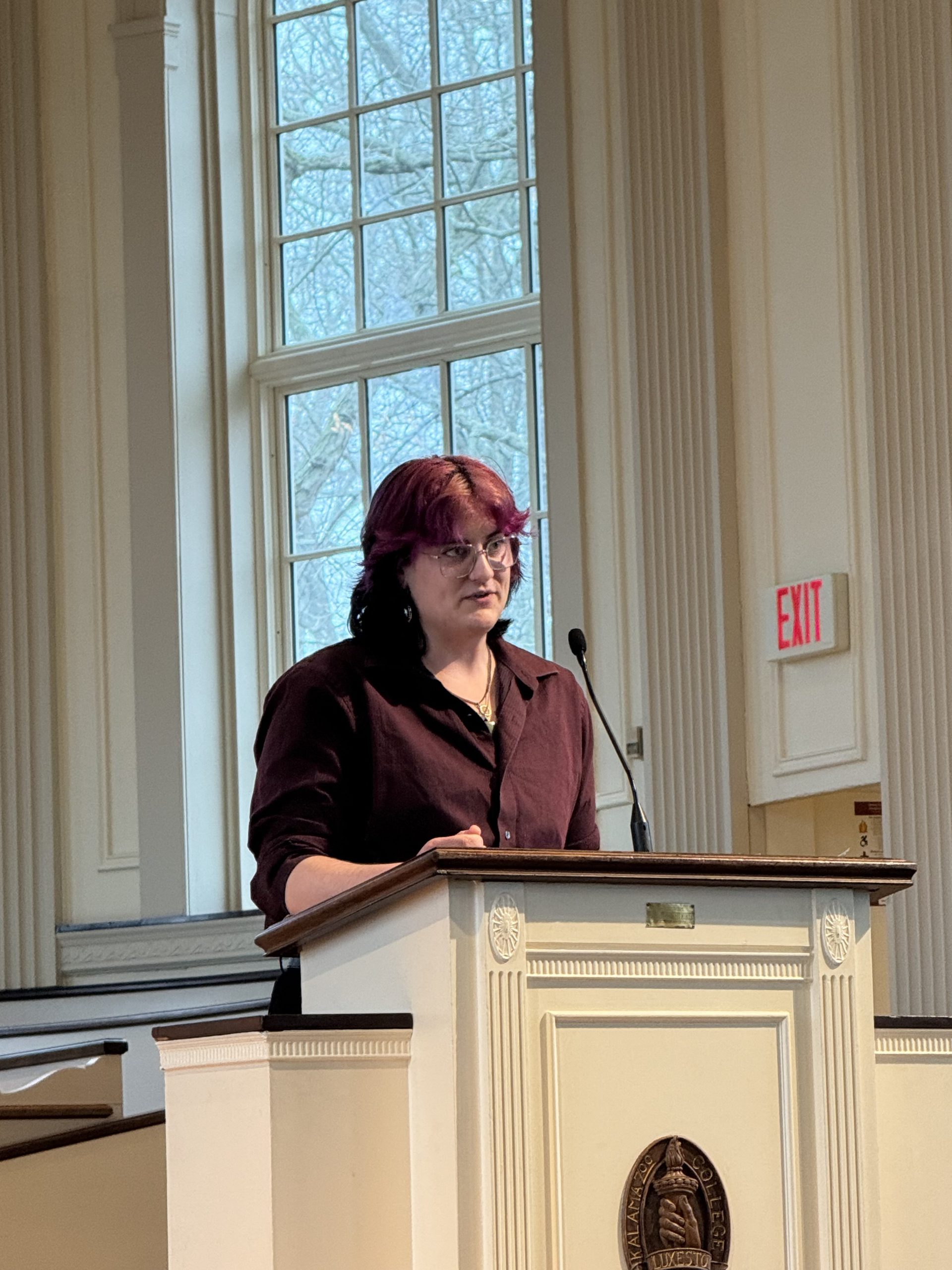
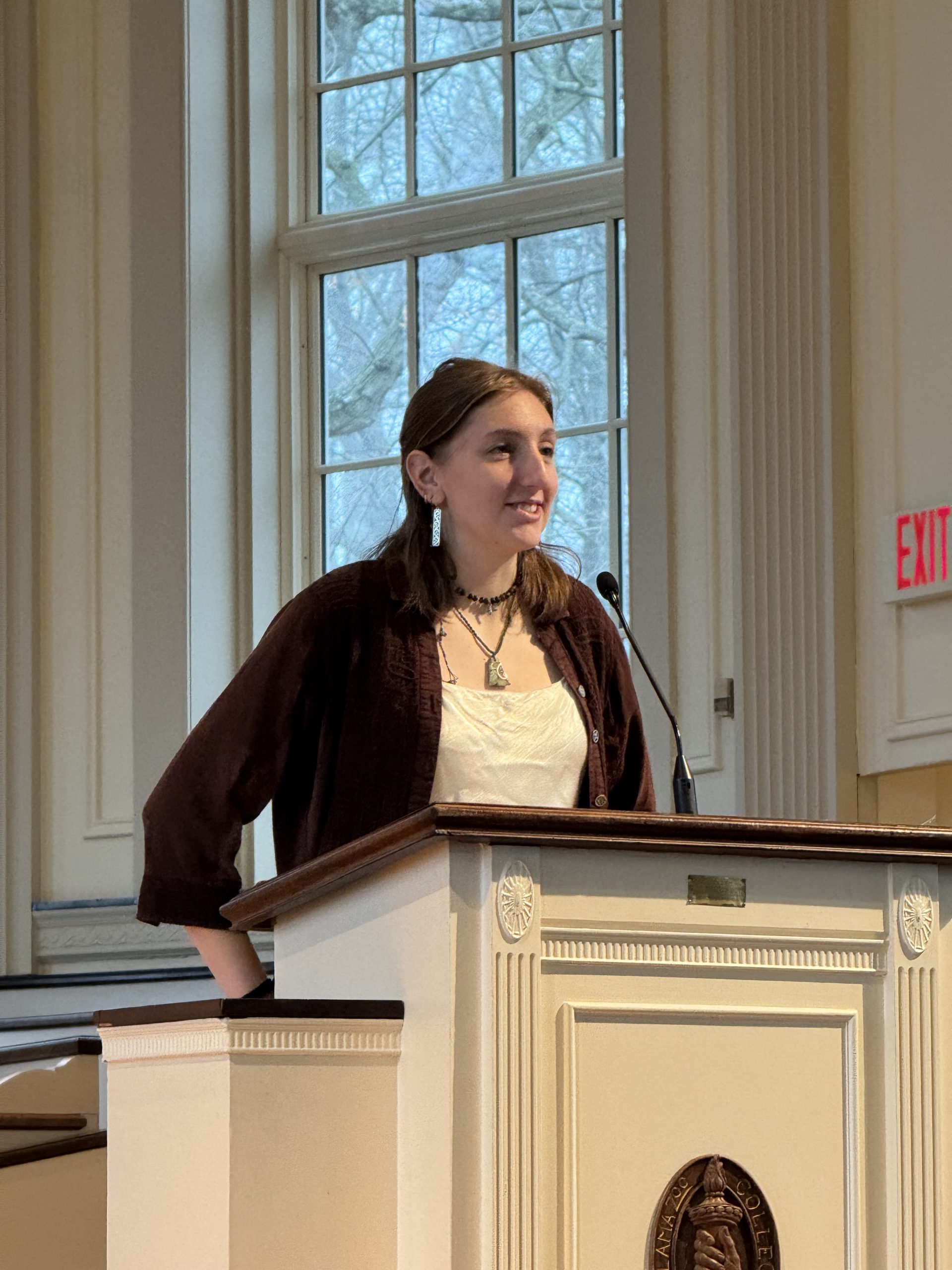
Zoe Wilson ’26 spoke about her Senior-Integrated Project on community gardening and gardens as decolonial spaces that teach essential lessons from nature like resilience, patience, resurgence, and community. Madeleine Moss ’26 also talked about her SIP on Michigan’s food systems, the struggles of modern-day agriculture and the importance of fostering community-rooted food systems. Lily Nestich ’28 shared about her experience gardening with her mom when she was younger and how those memories shaped her love of gardening. Josephine Belsky ’28, talked about her love for the Grove as a steward of that sanctuary and the lessons about regrowth and nature’s cycles that she has learned from her role in Composting Crew. Lastly, Oakley Gabriel ’21 shared their poem about nature and gardens and how they’ve been inspired by the land around them.
This Community Reflection on K’s garden spaces came right as the campus is starting to thaw and students are hoping for greenery to start blooming around campus with the sun coming out. It also came right in time for course registration, and the upcoming Gardening, Composting, and Arboretum Stewardship PE classes. These are great examples of ways to connect with the outdoors and the value of K’s experiential education.
Environmental Stewardship Center
Subscribe to receive posts about the ESC, academics, student projects and events directly to your inbox!

